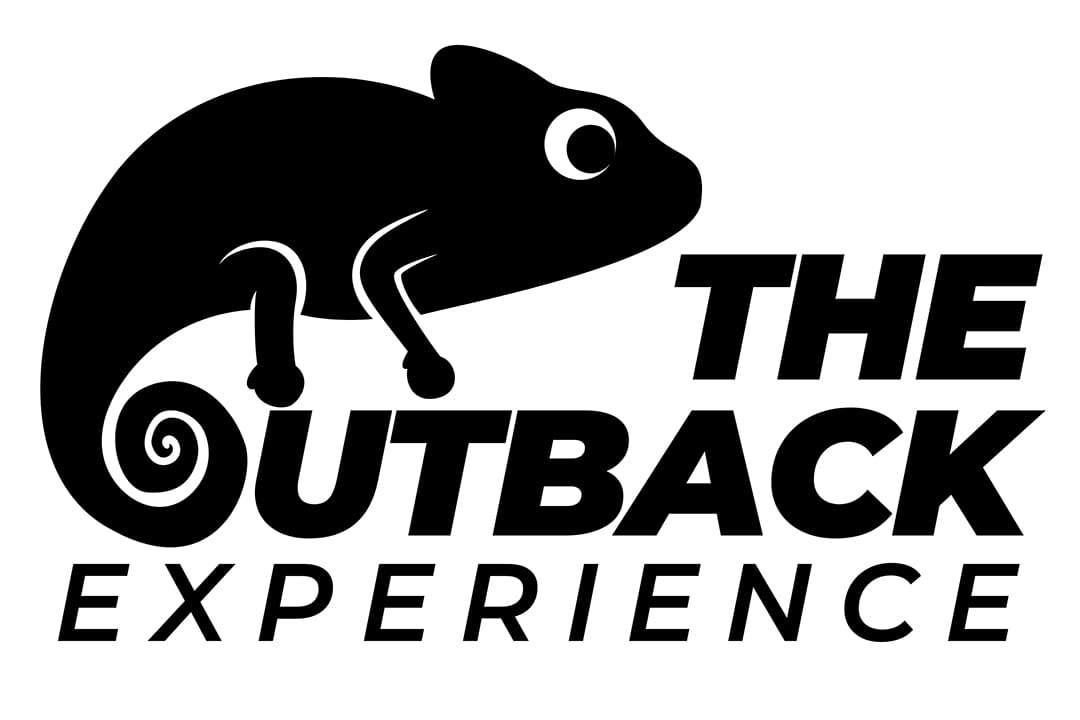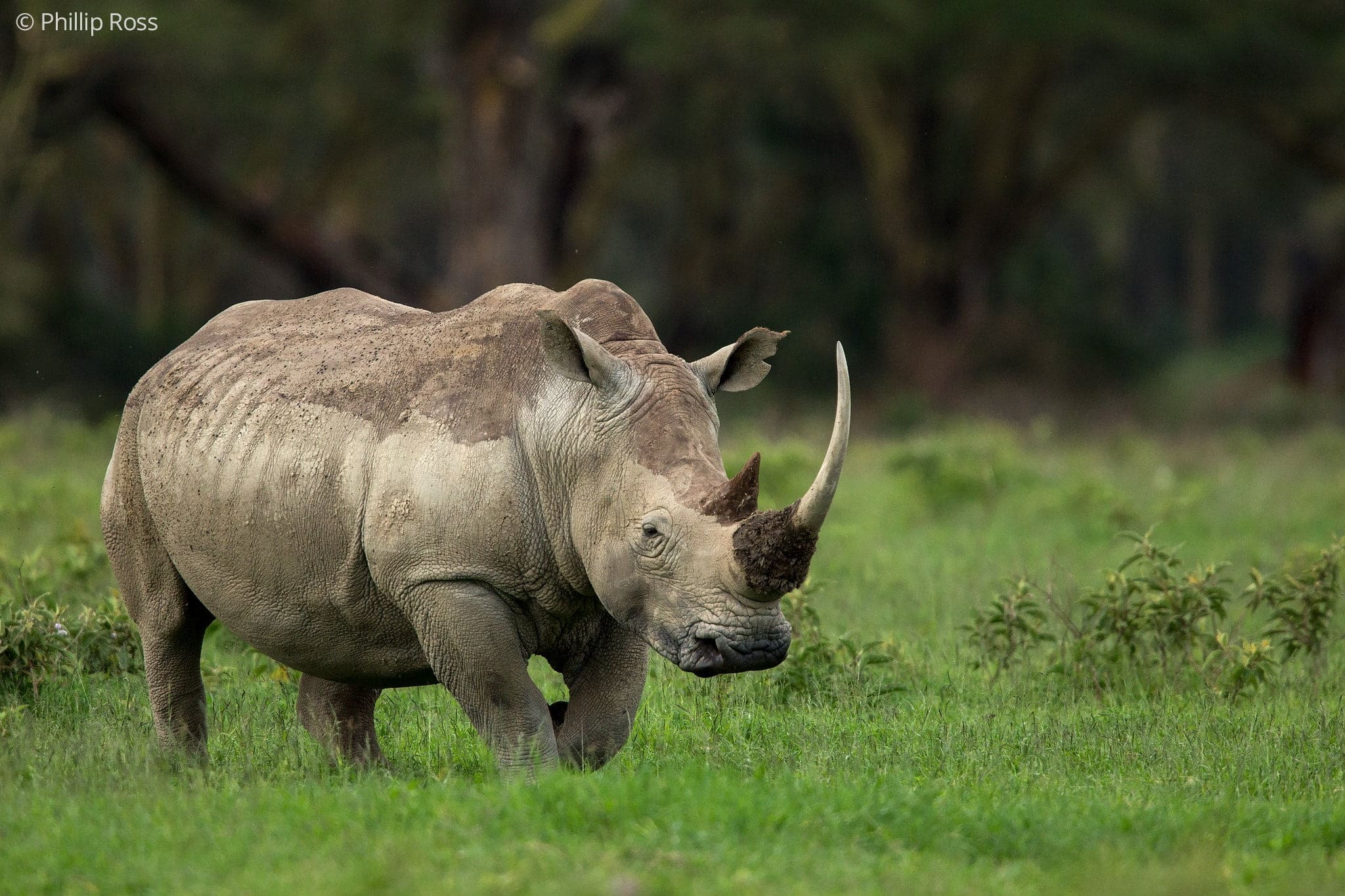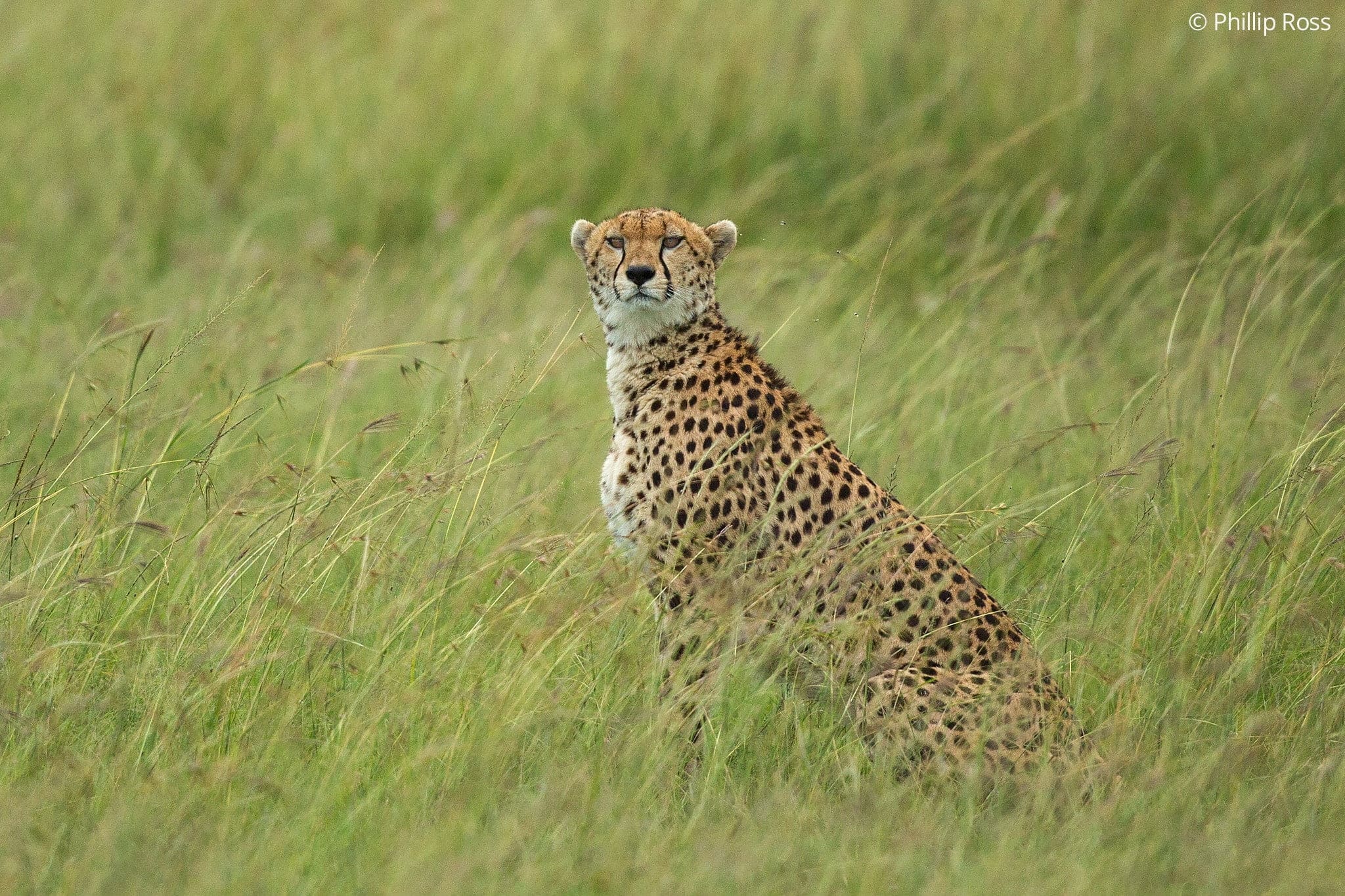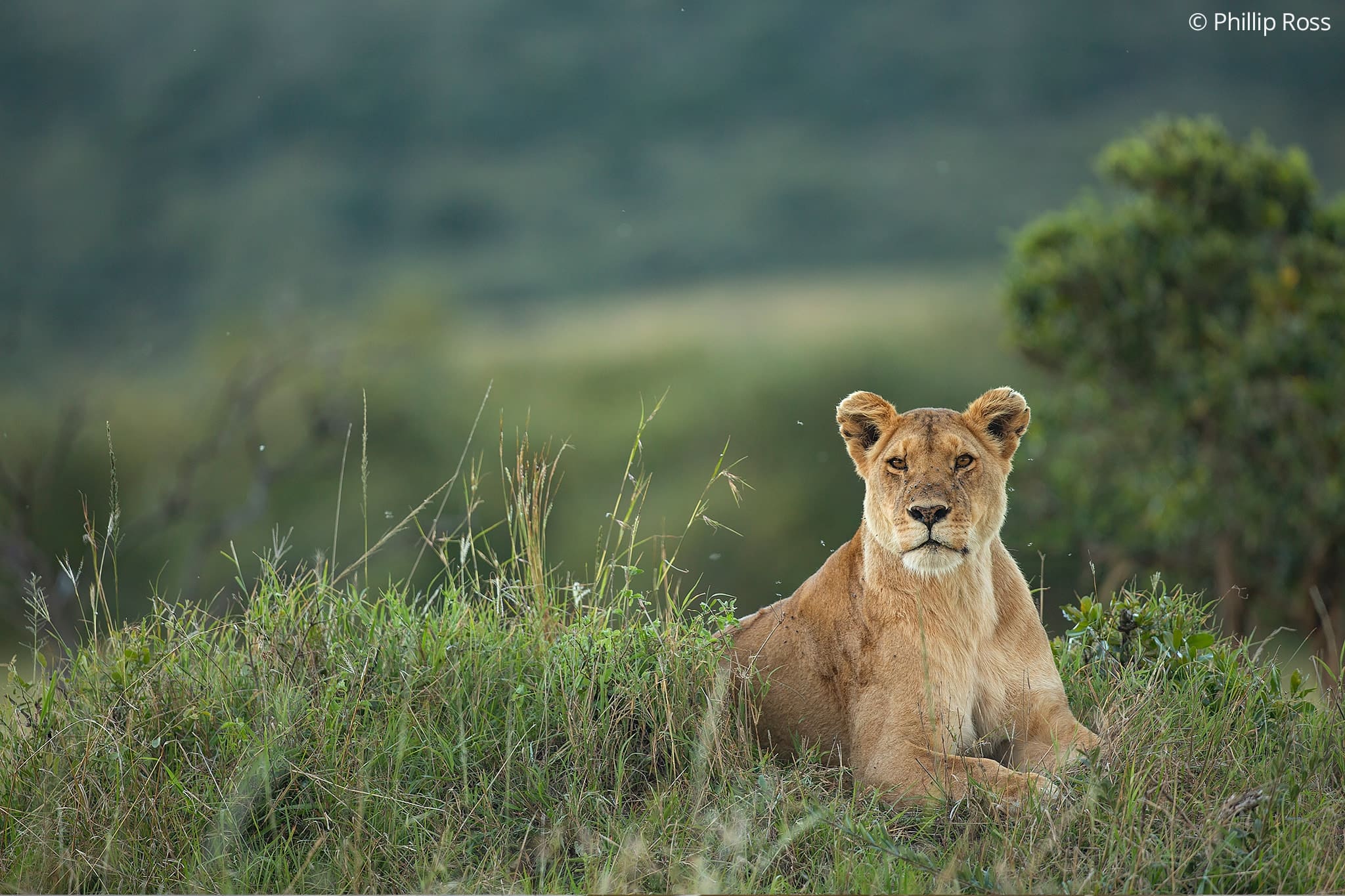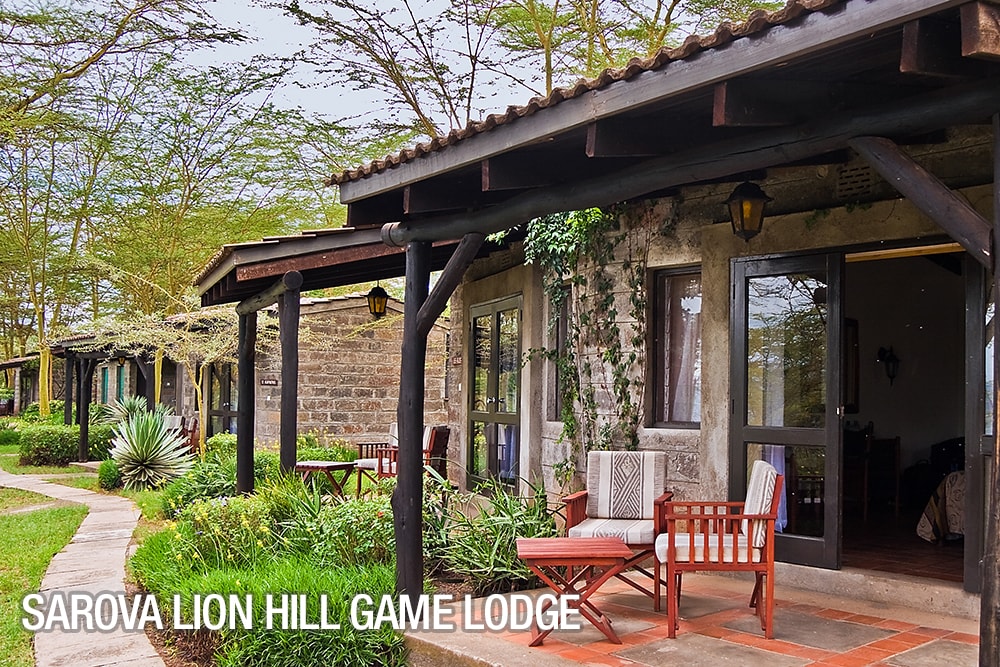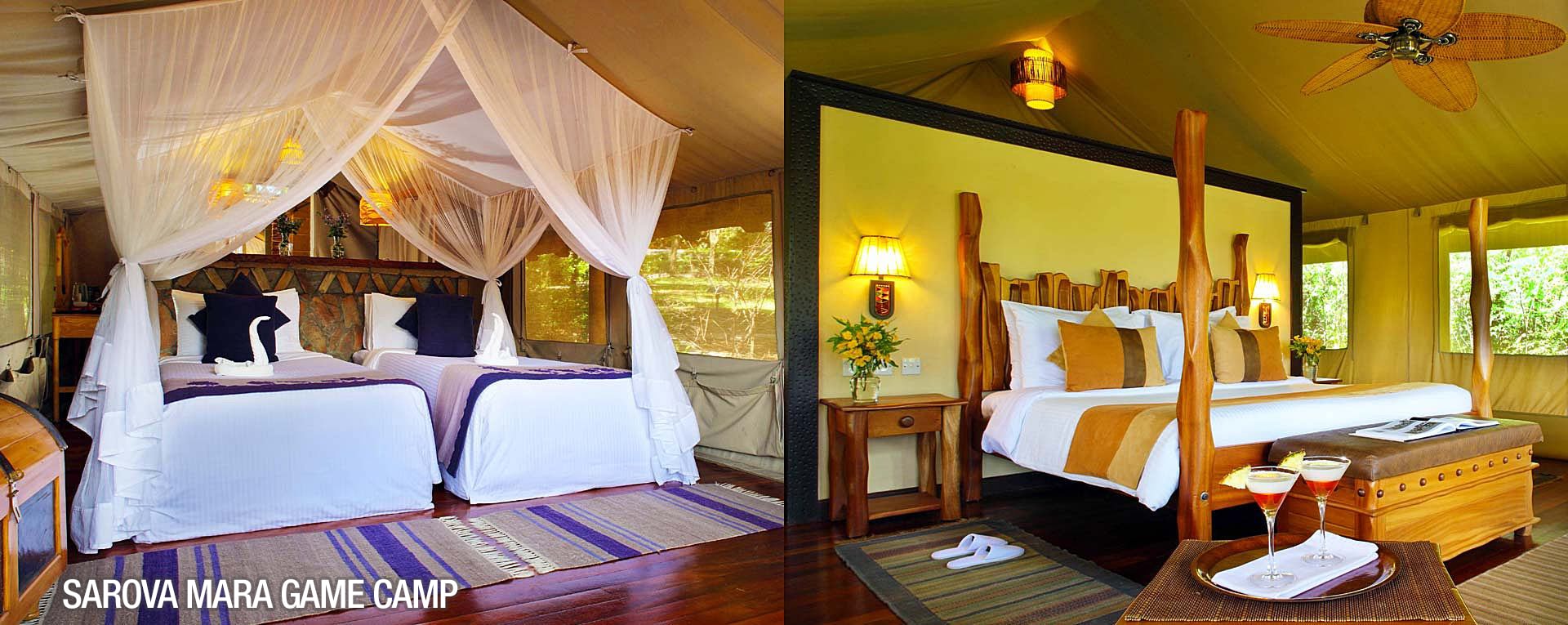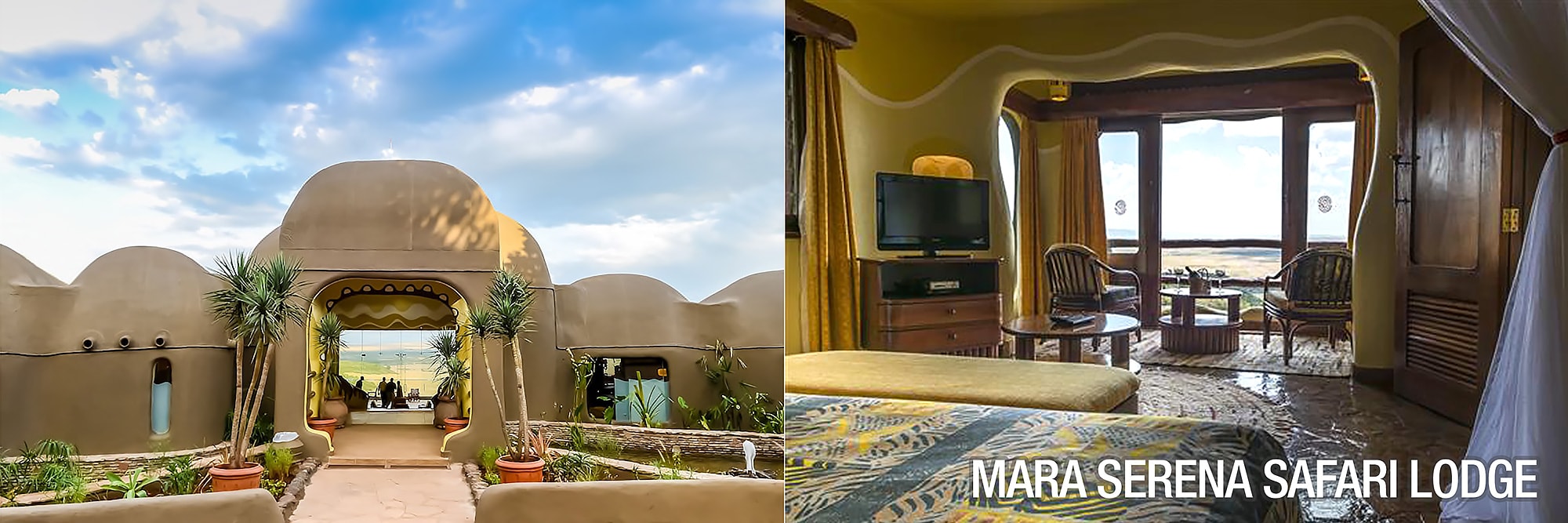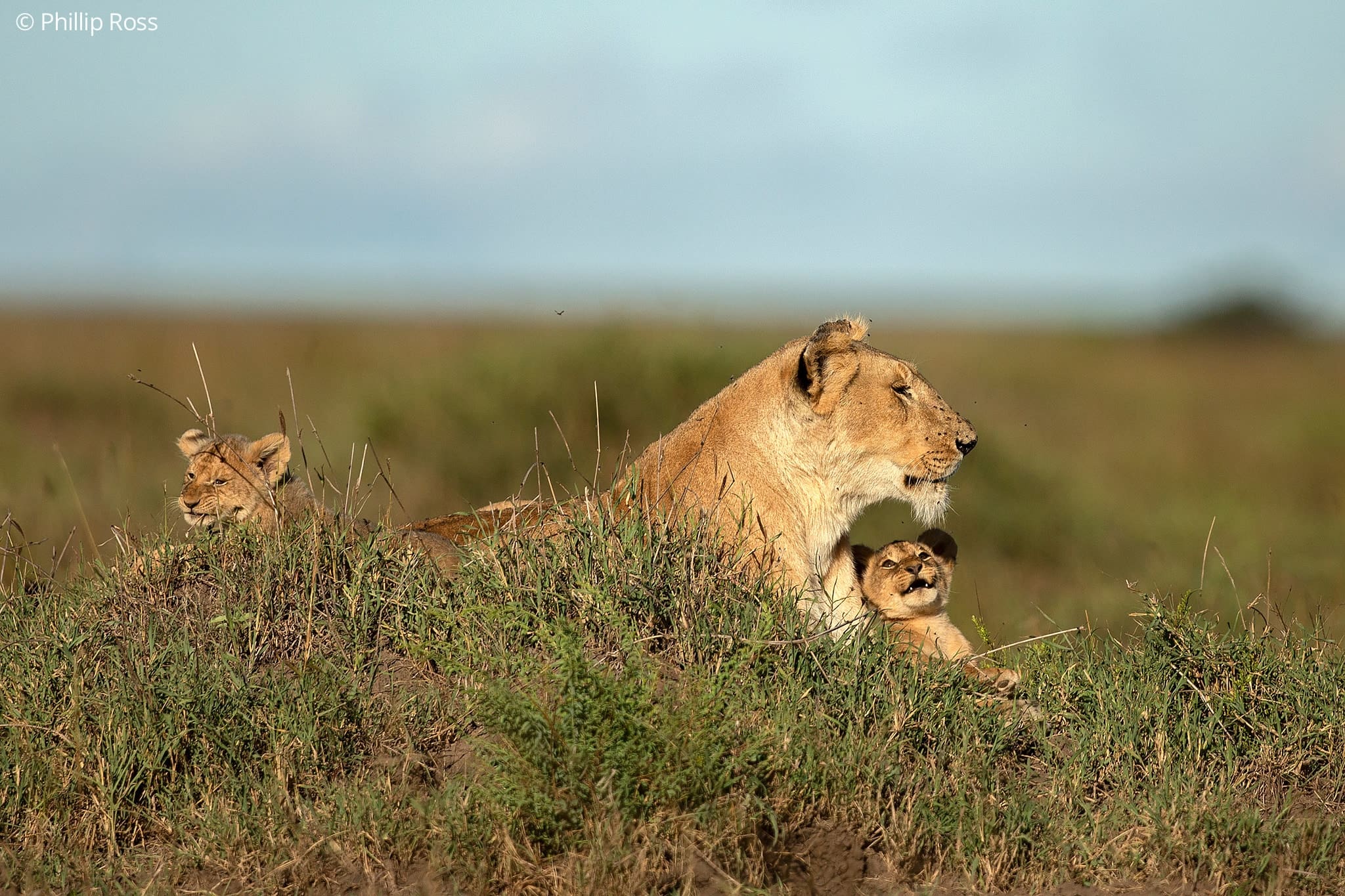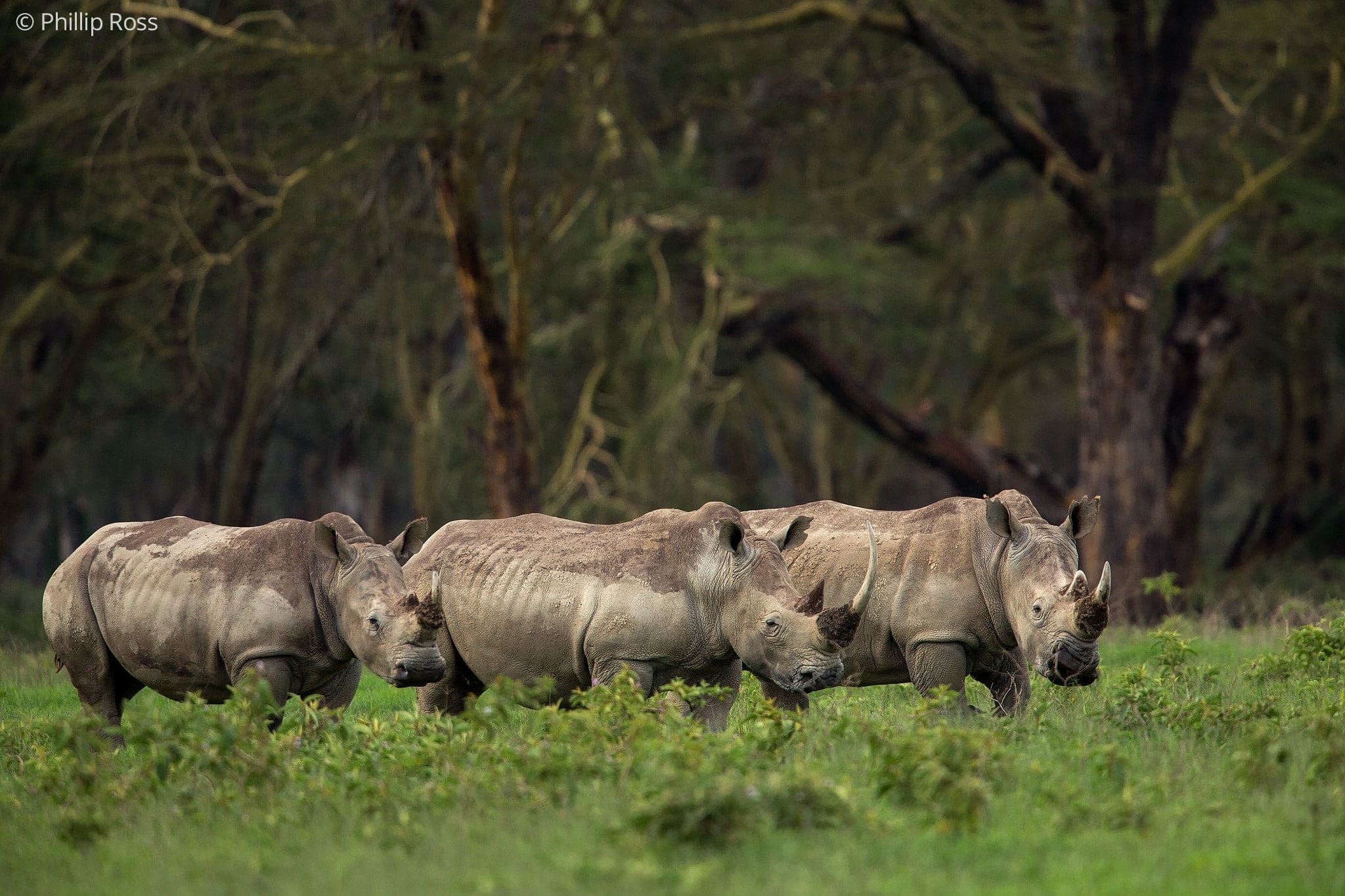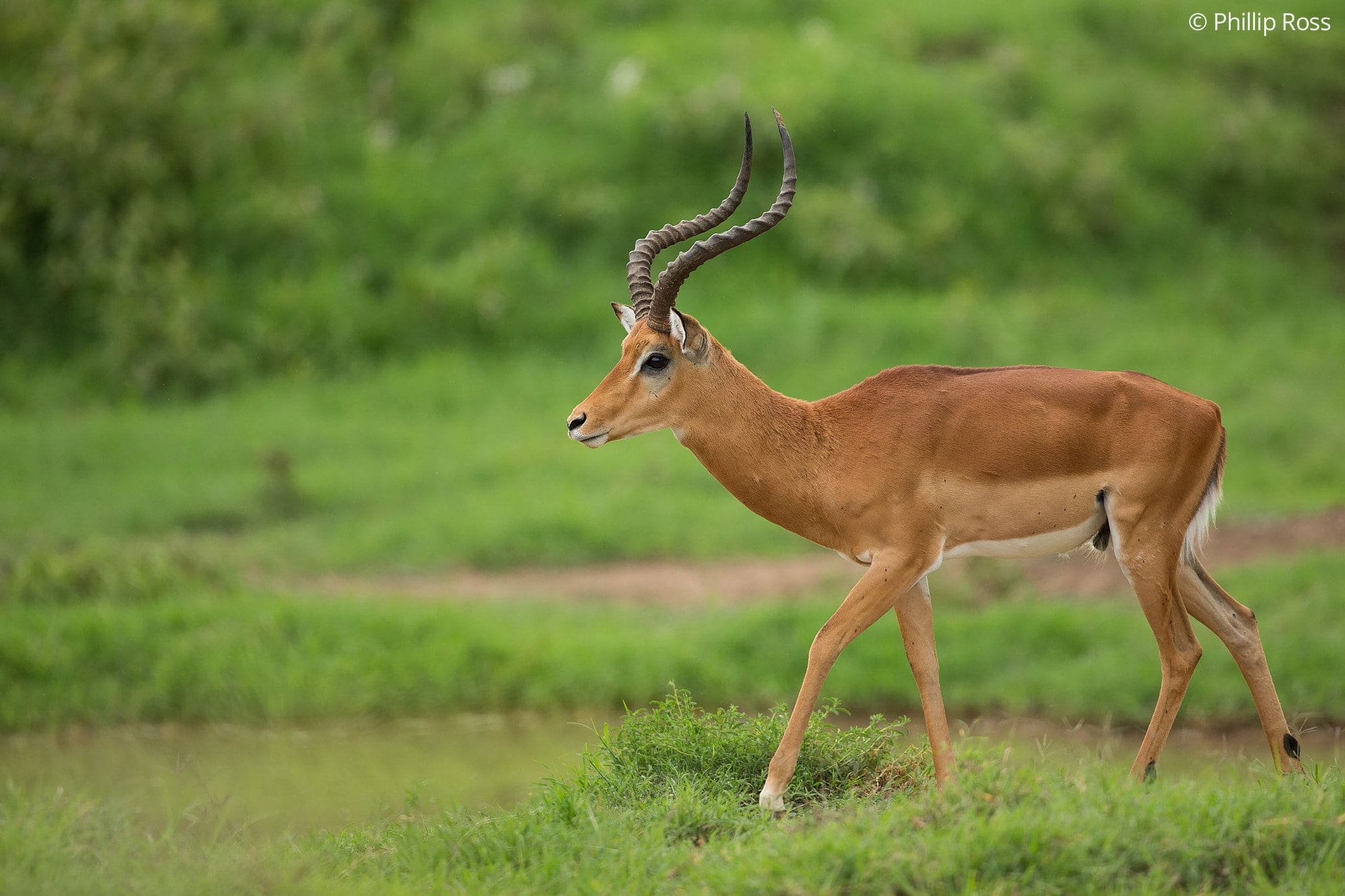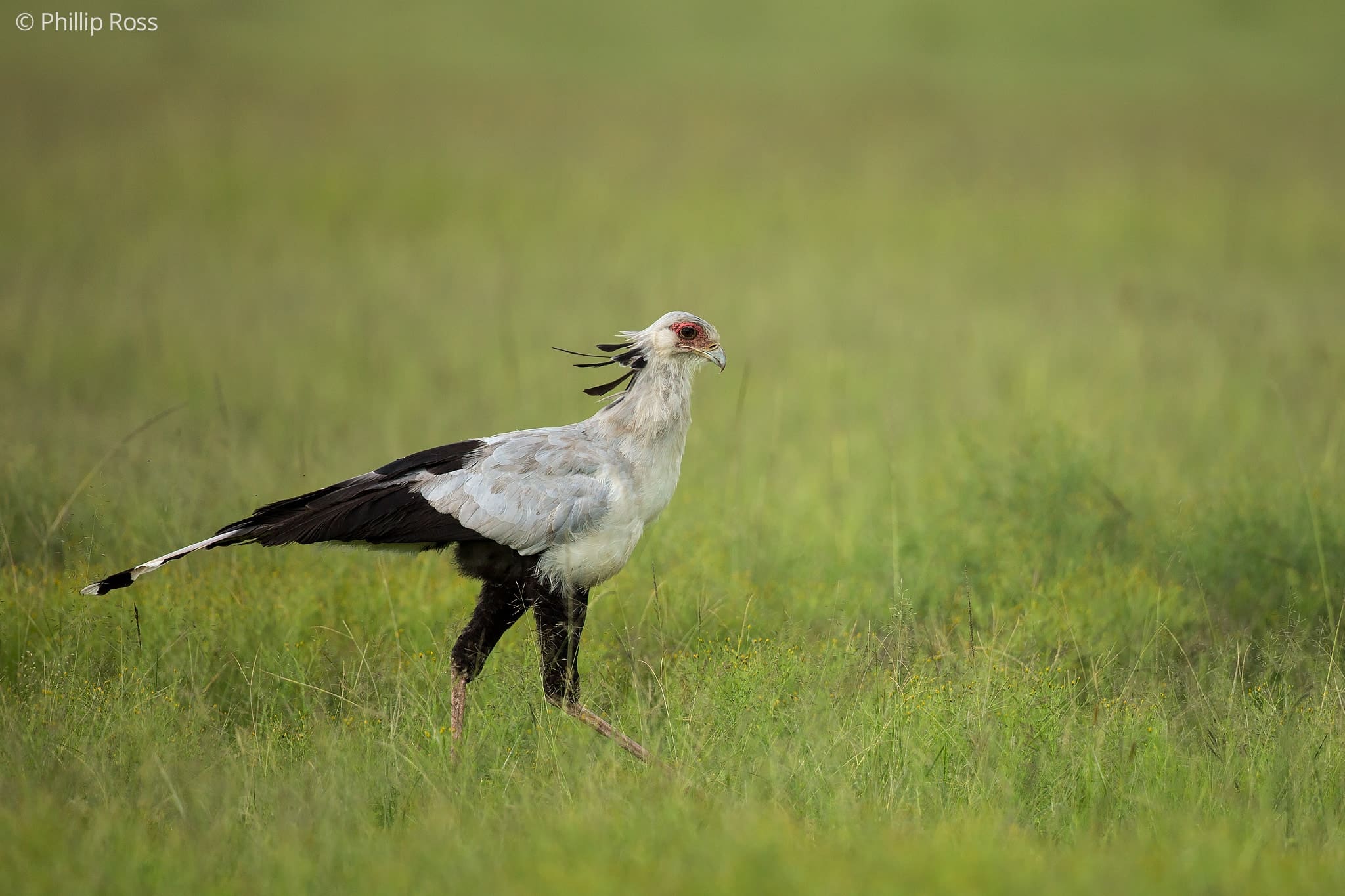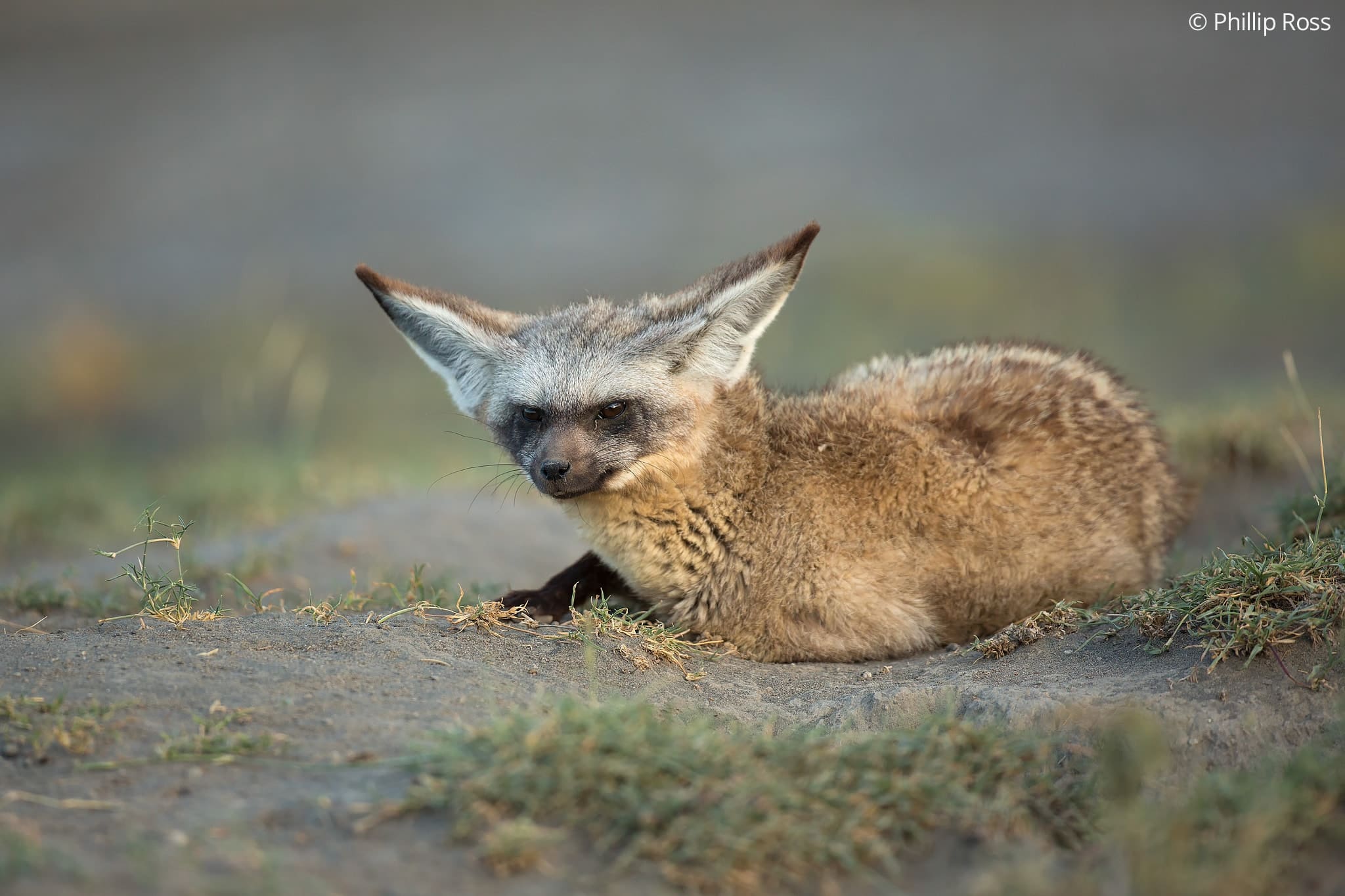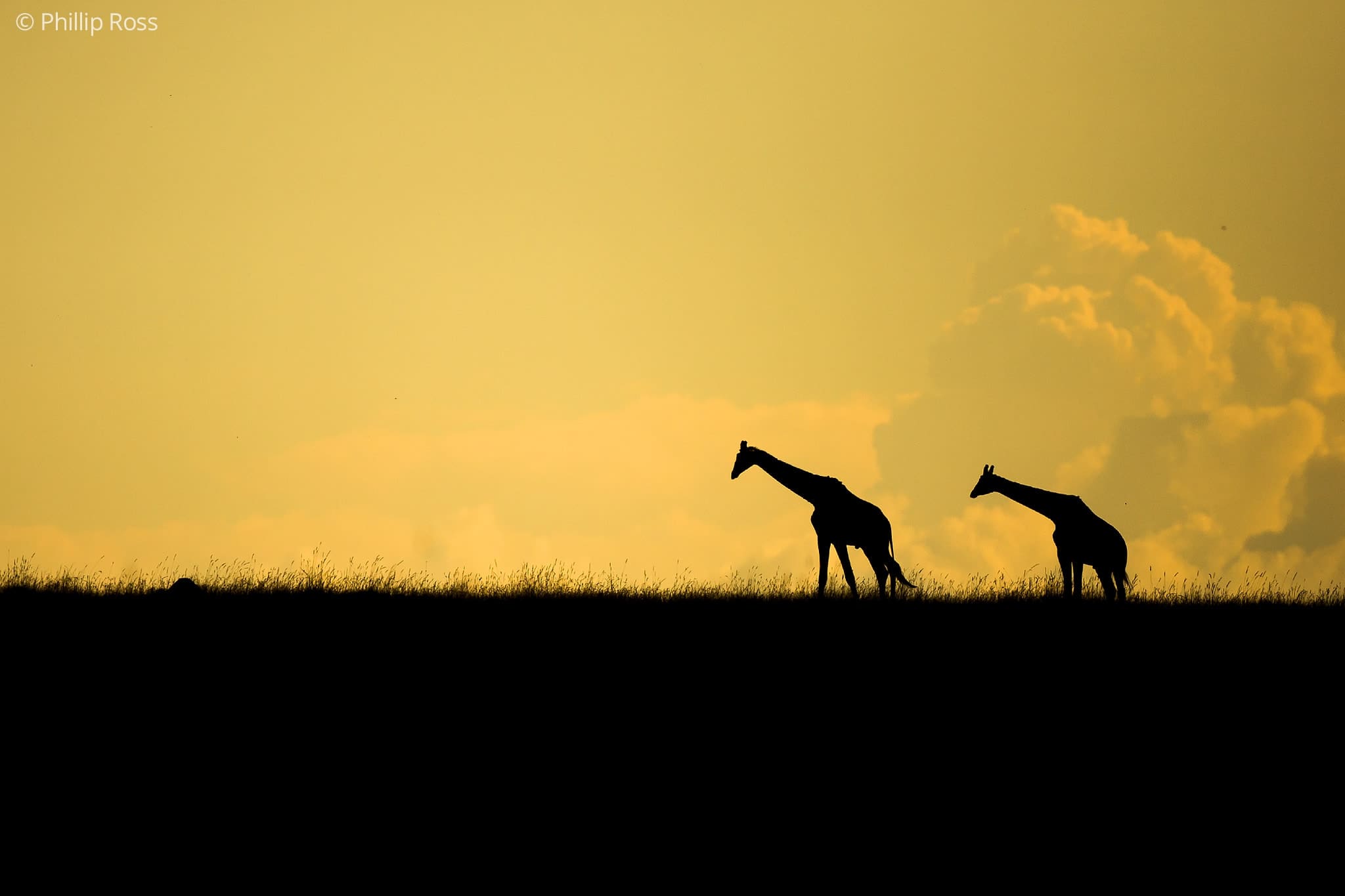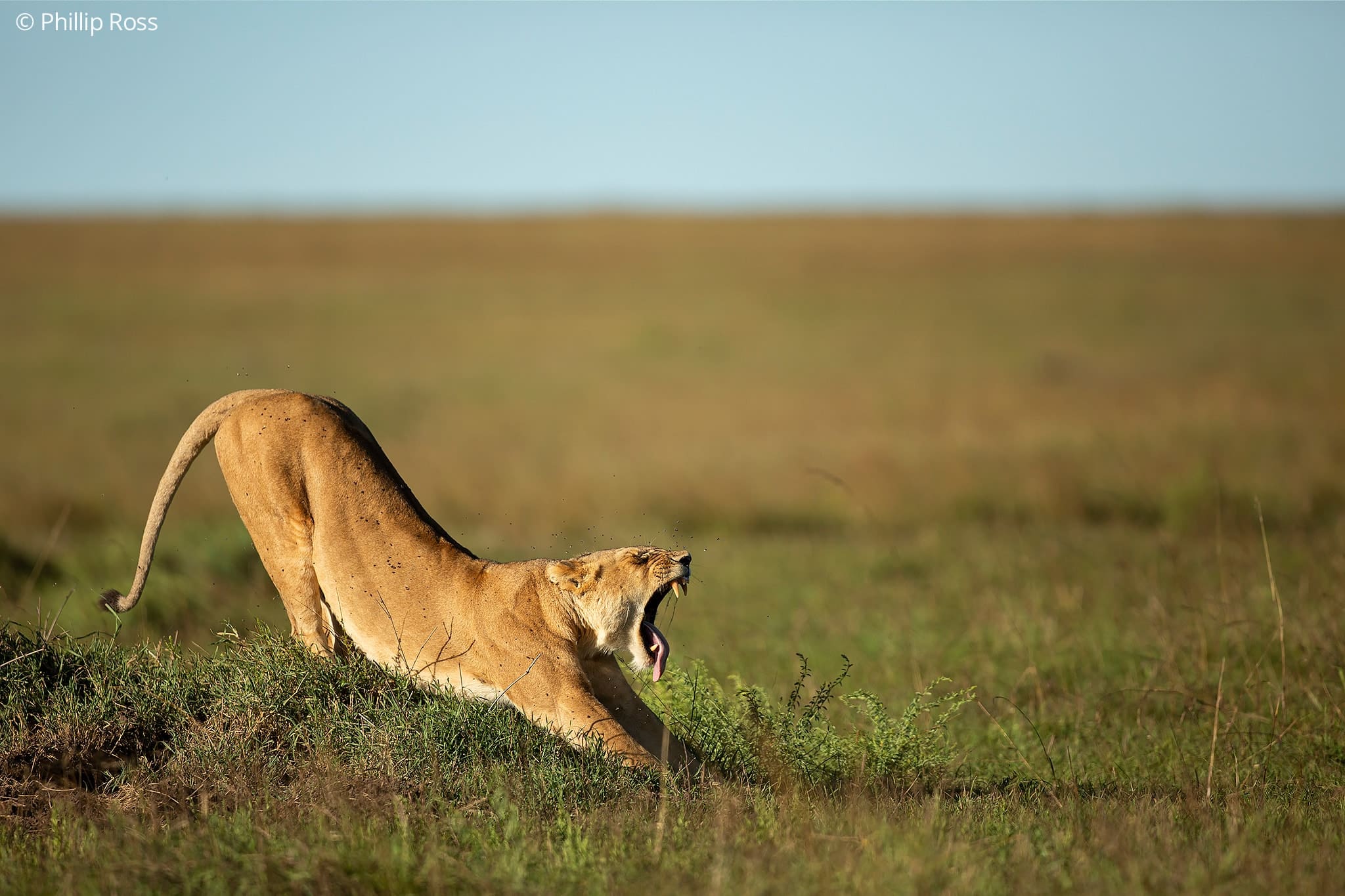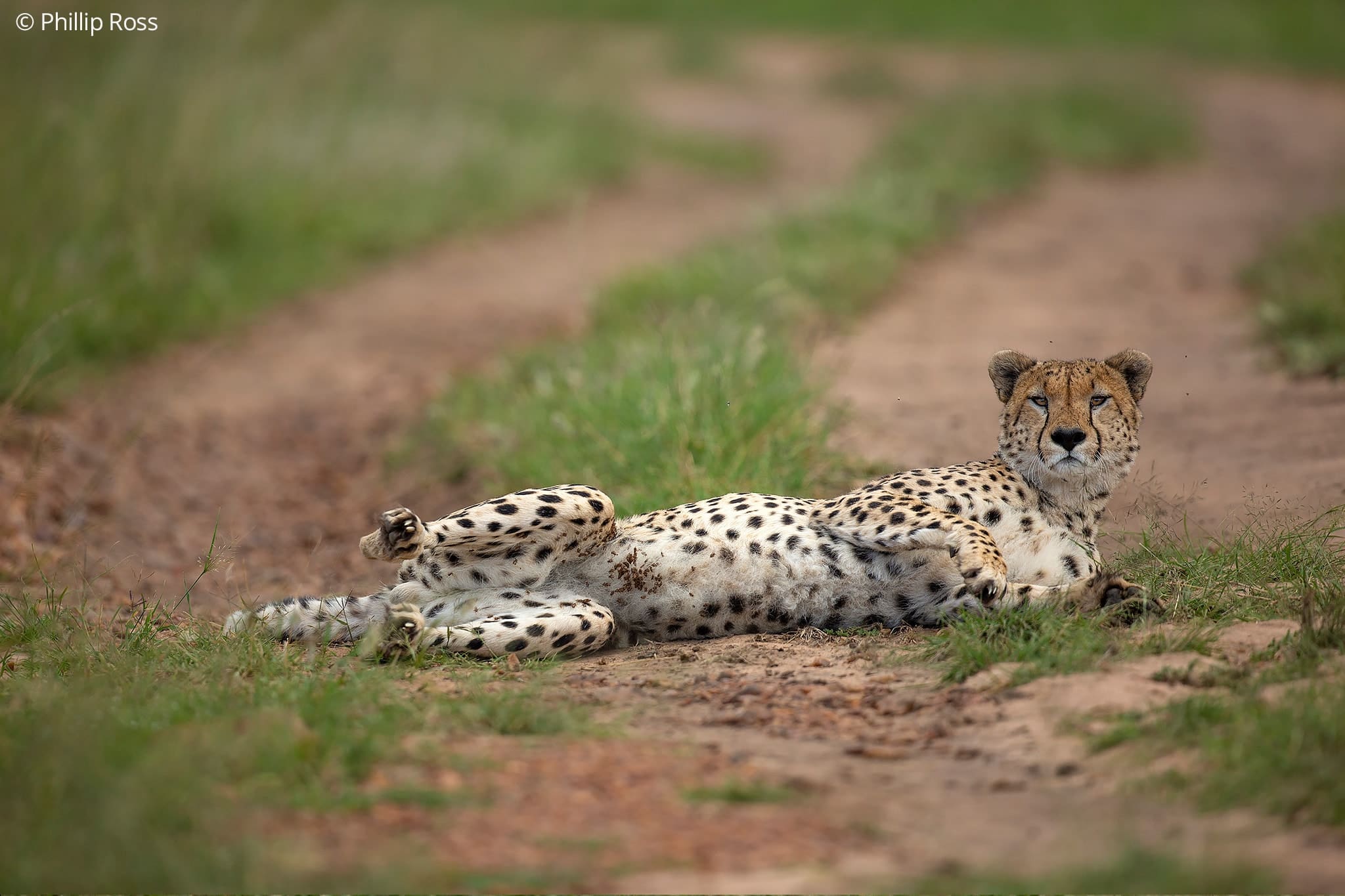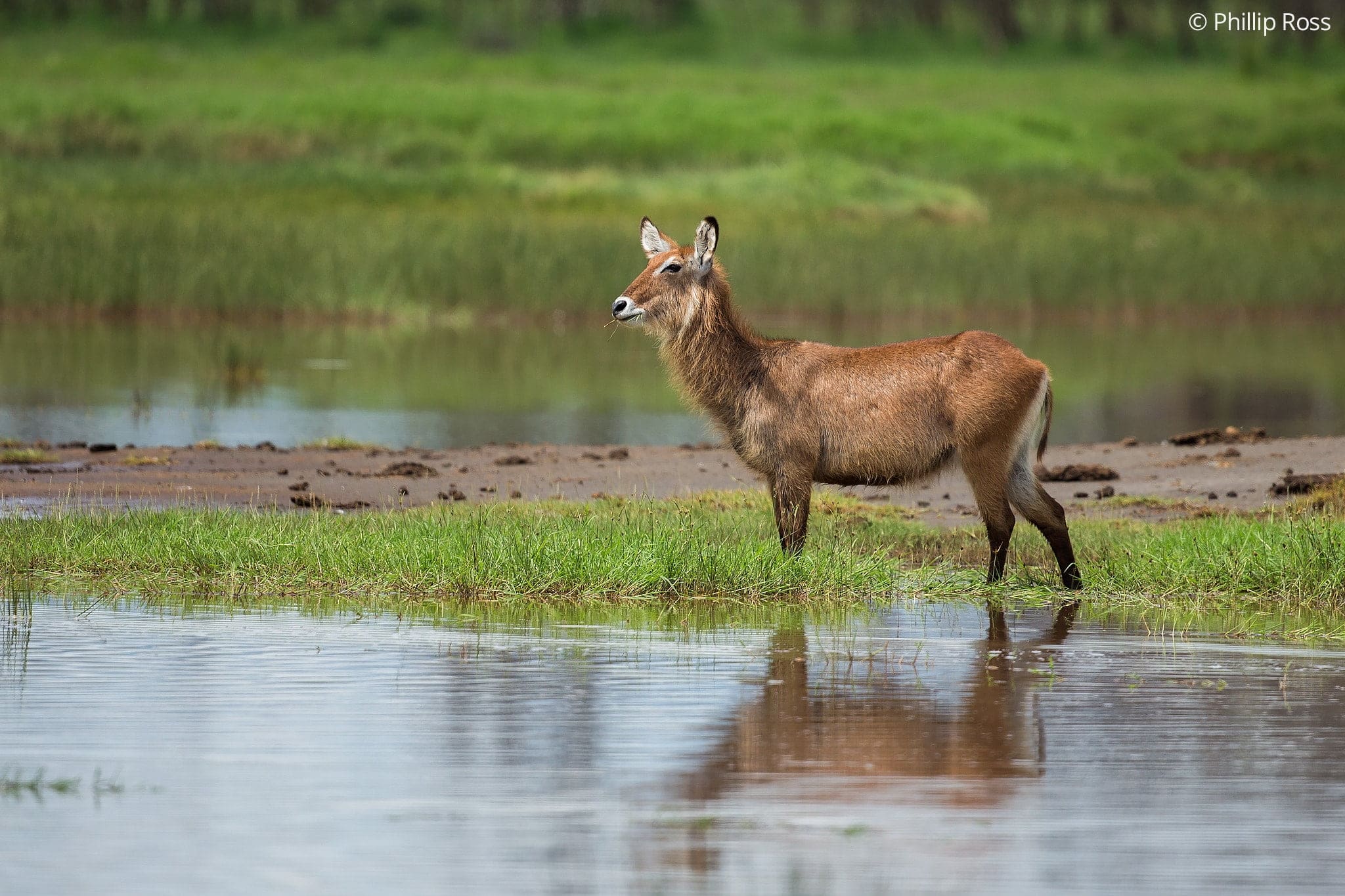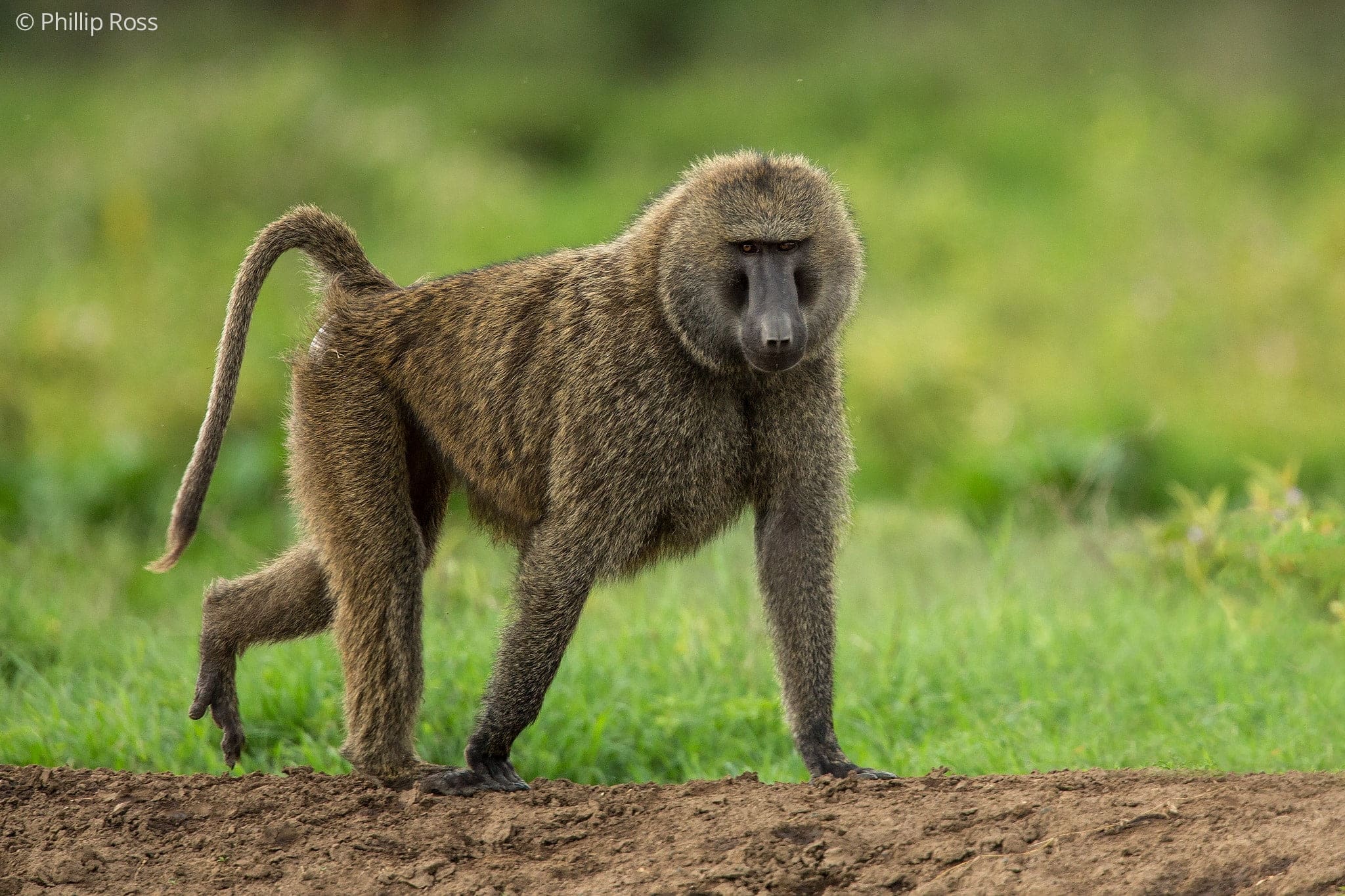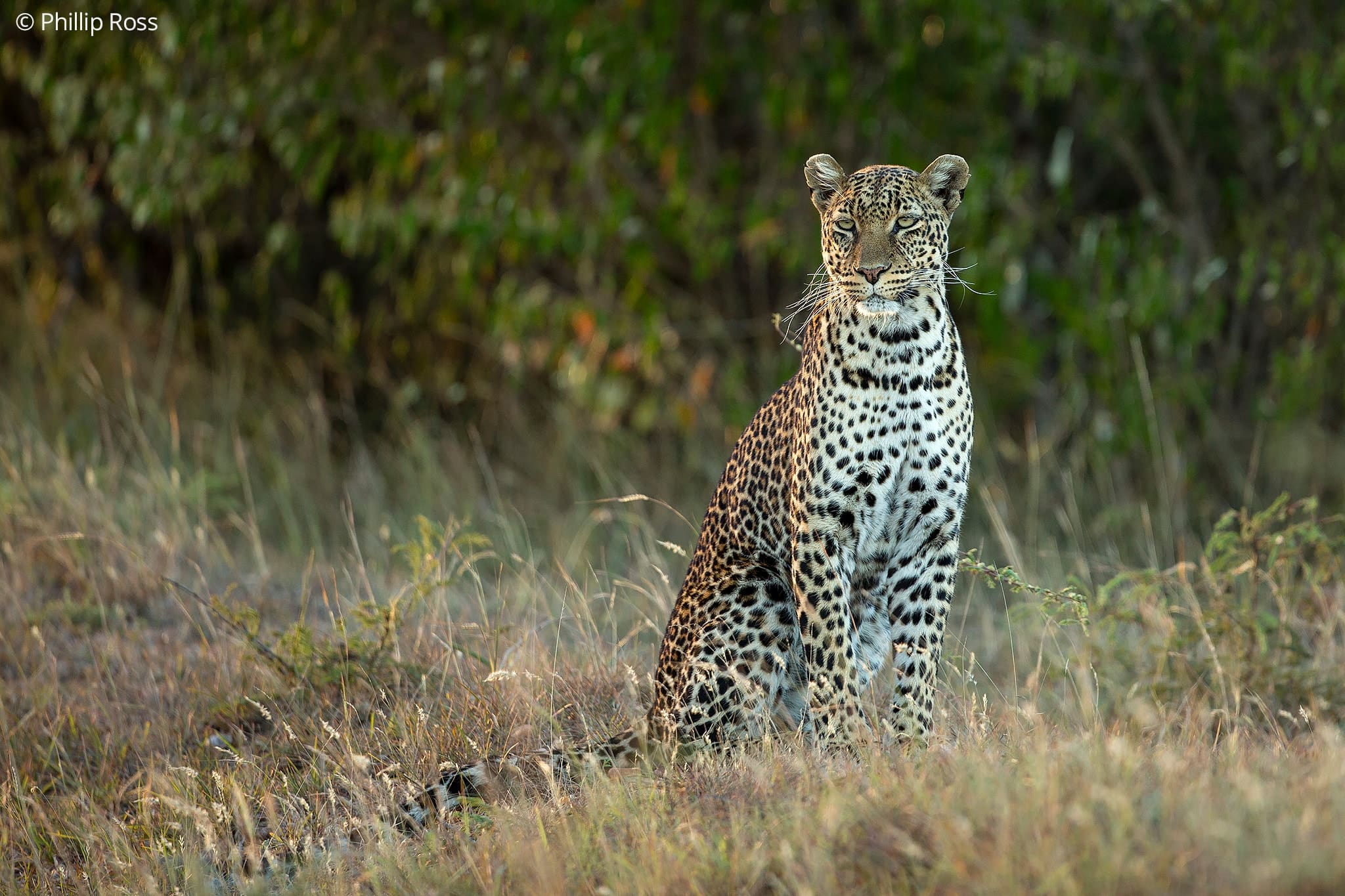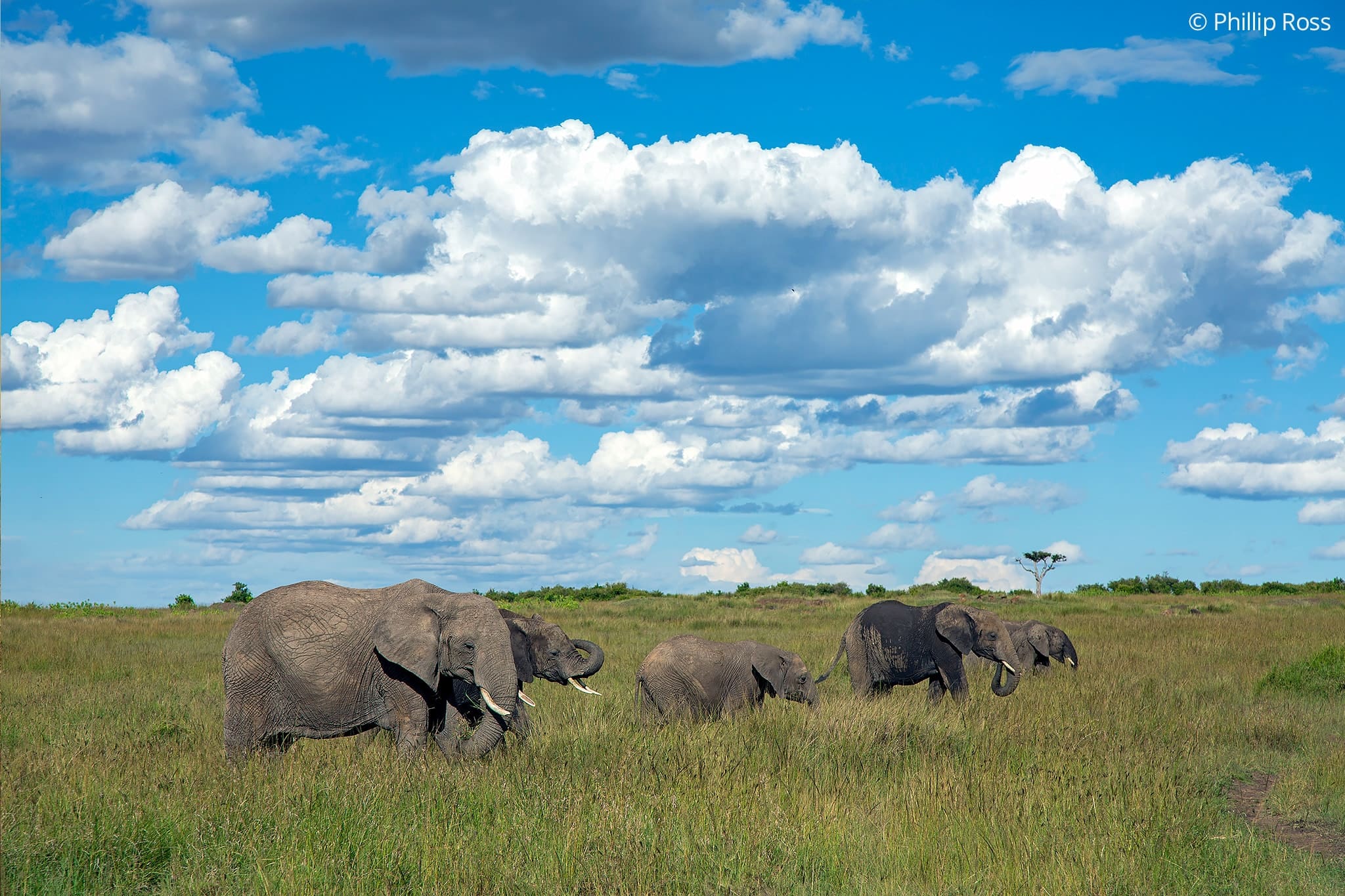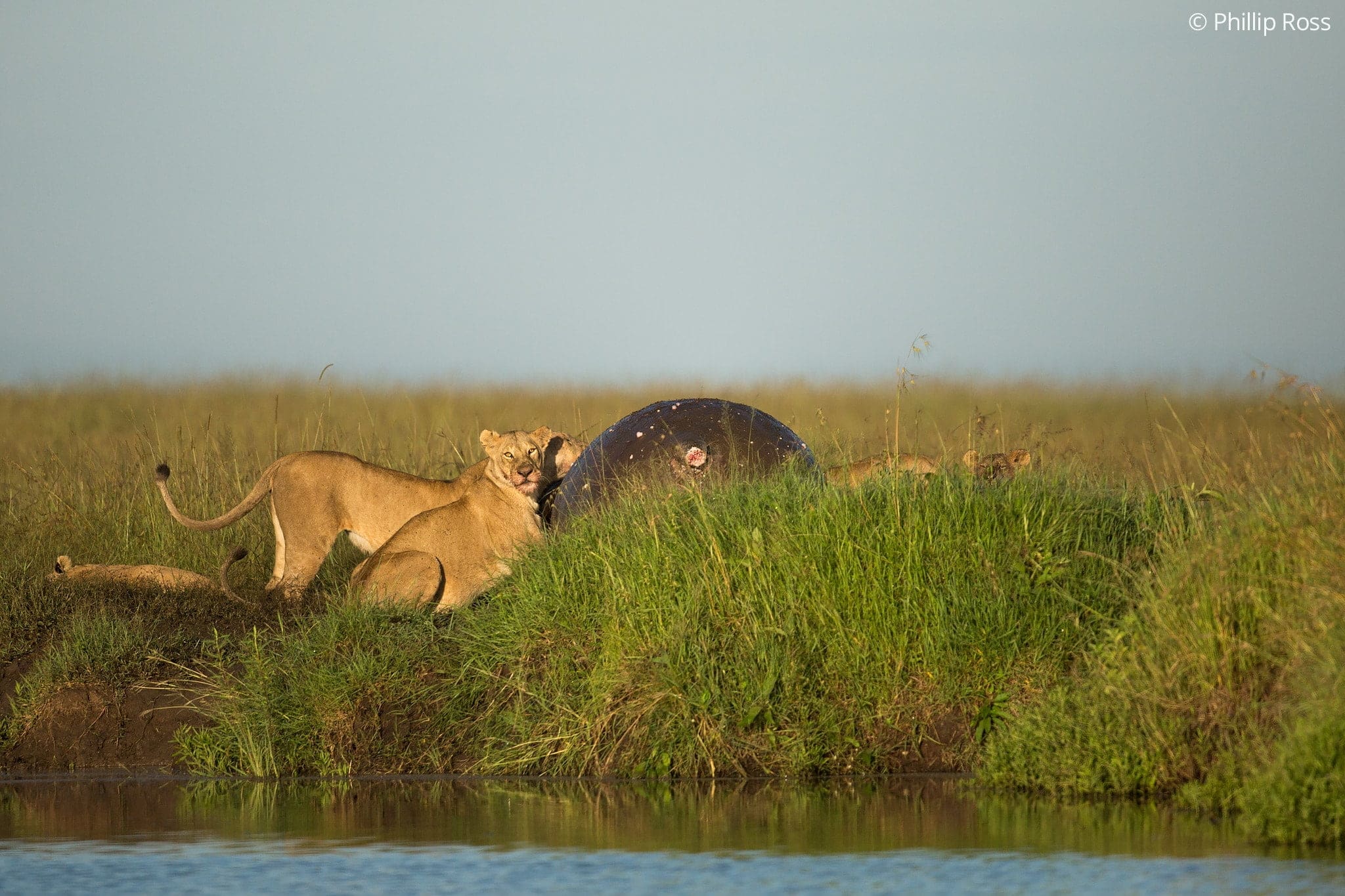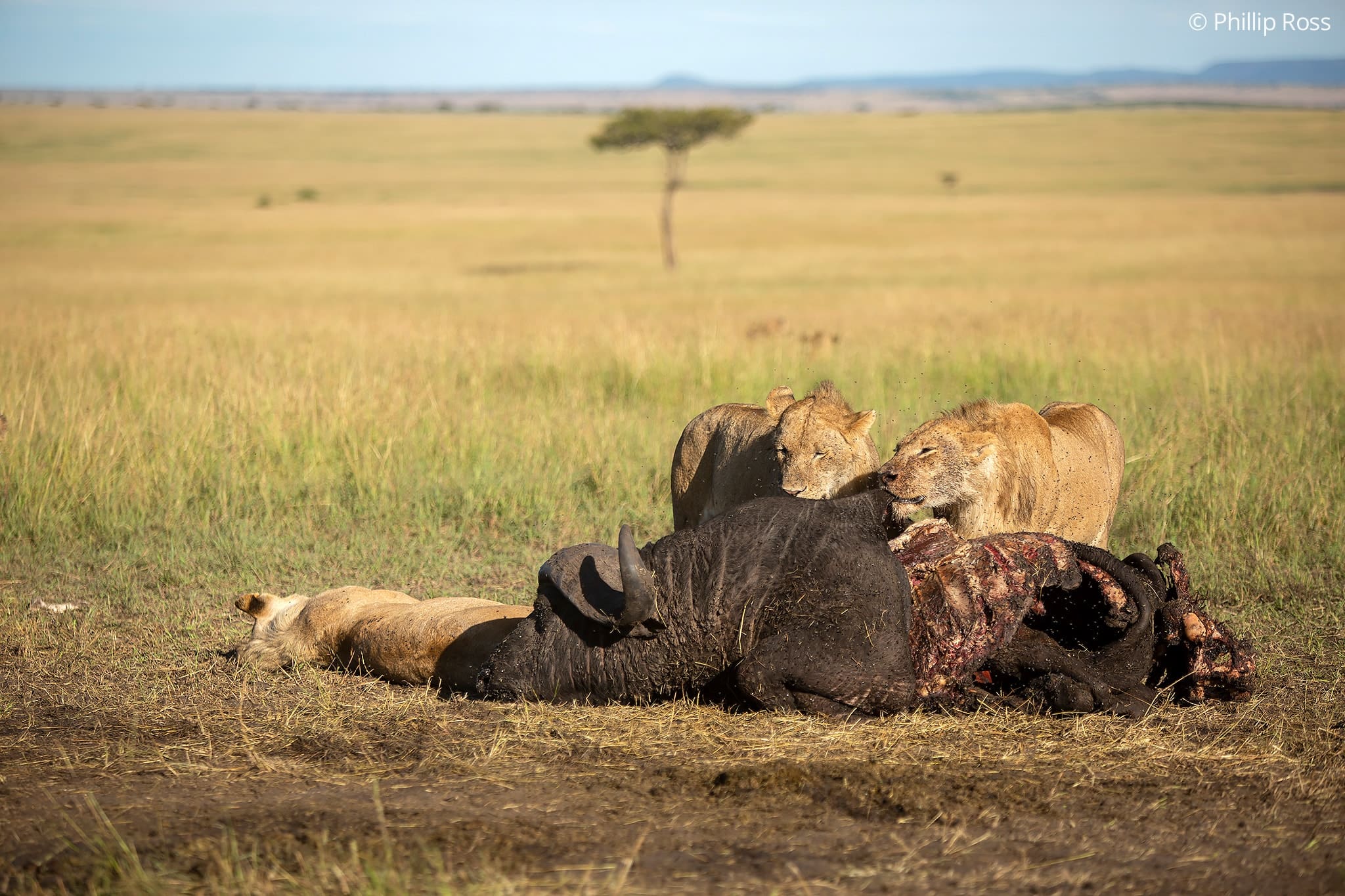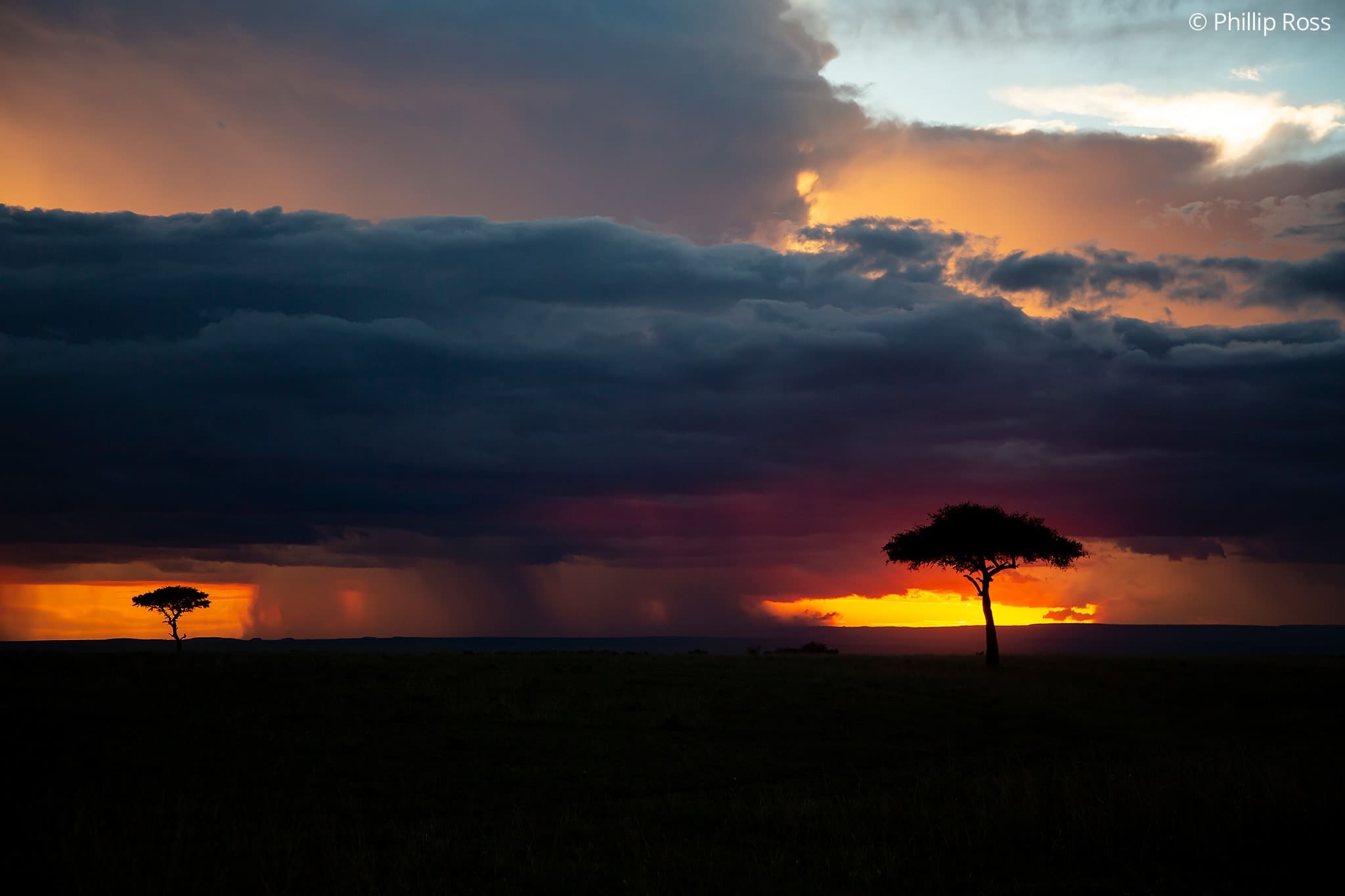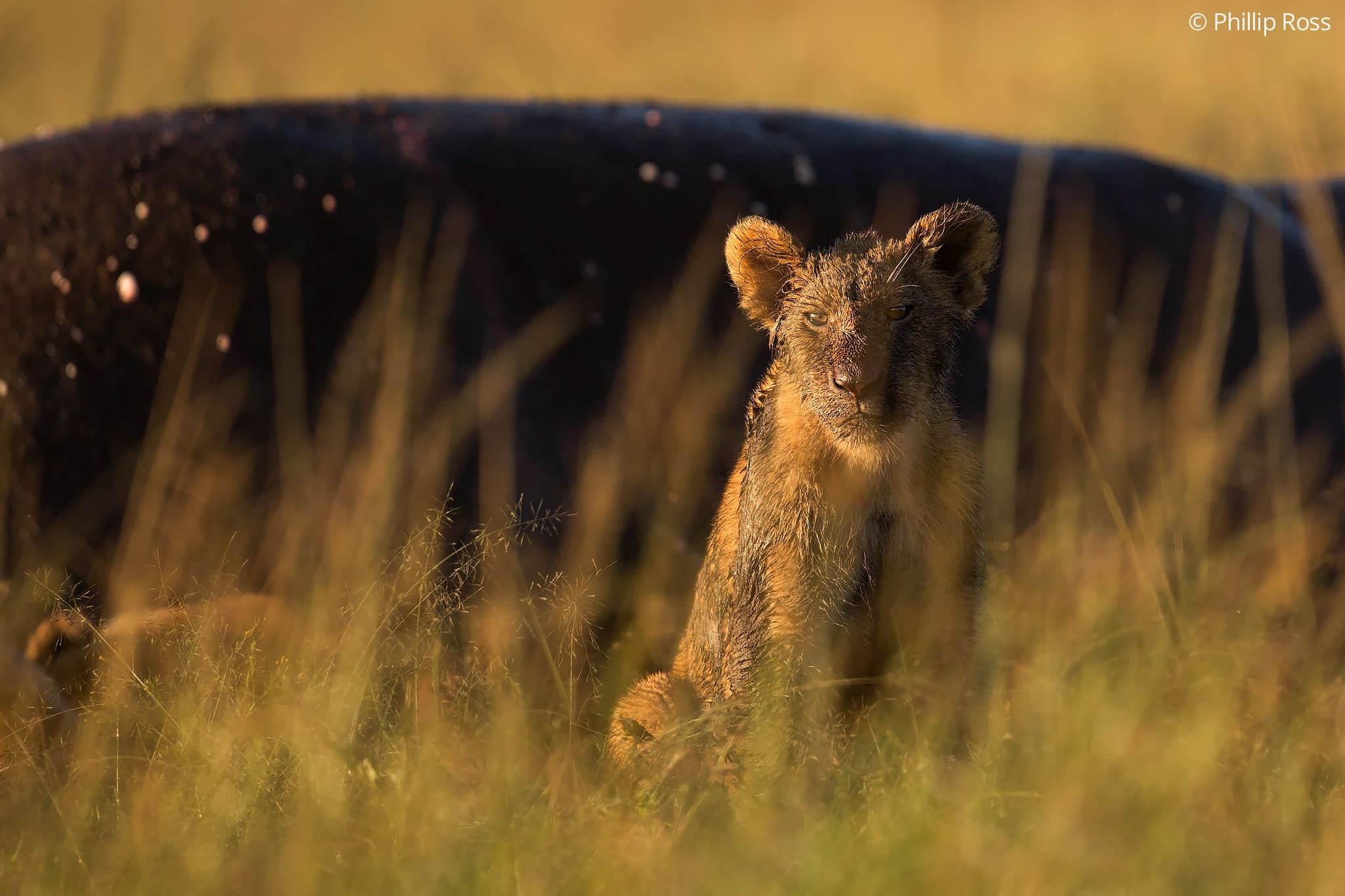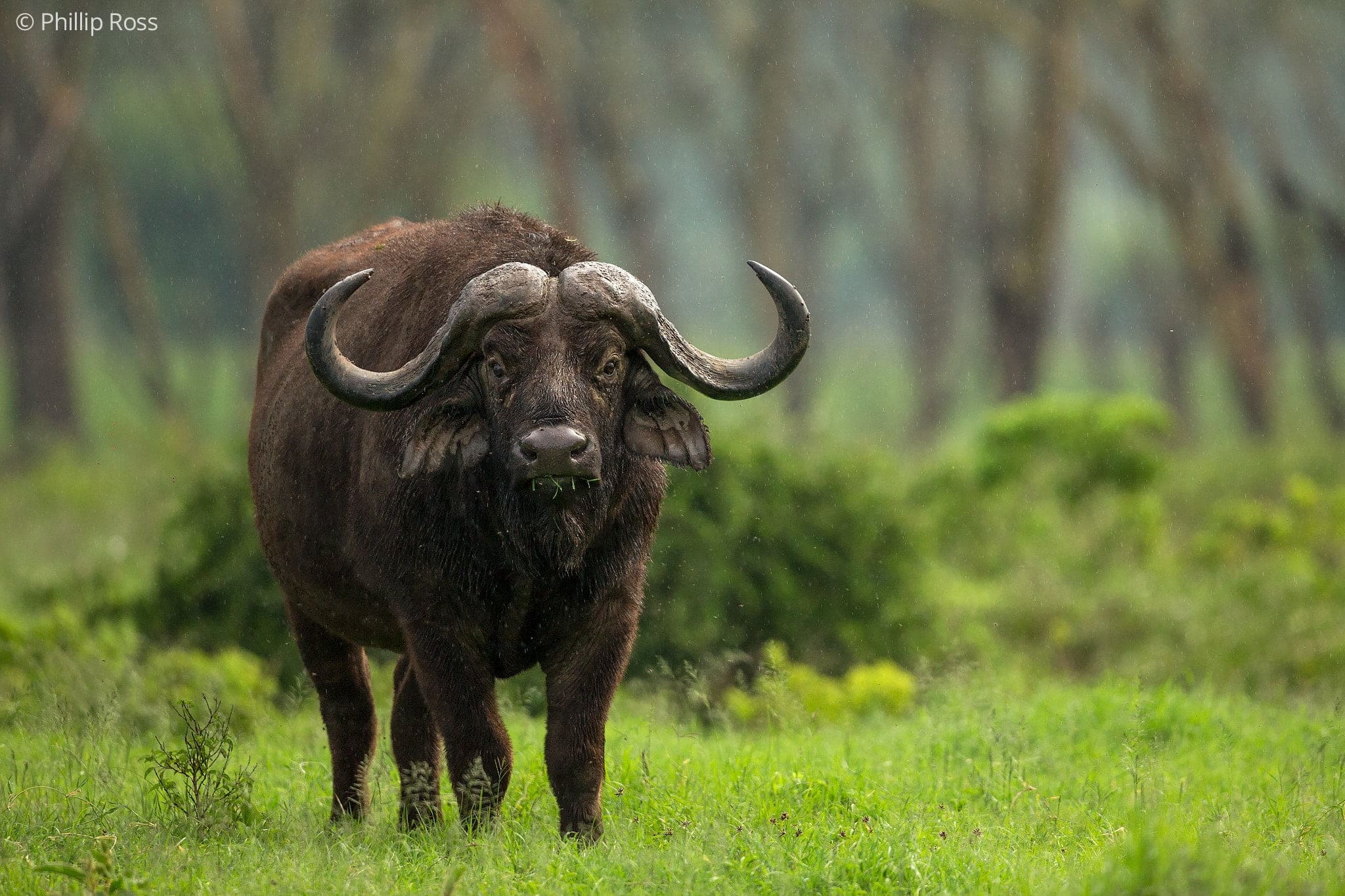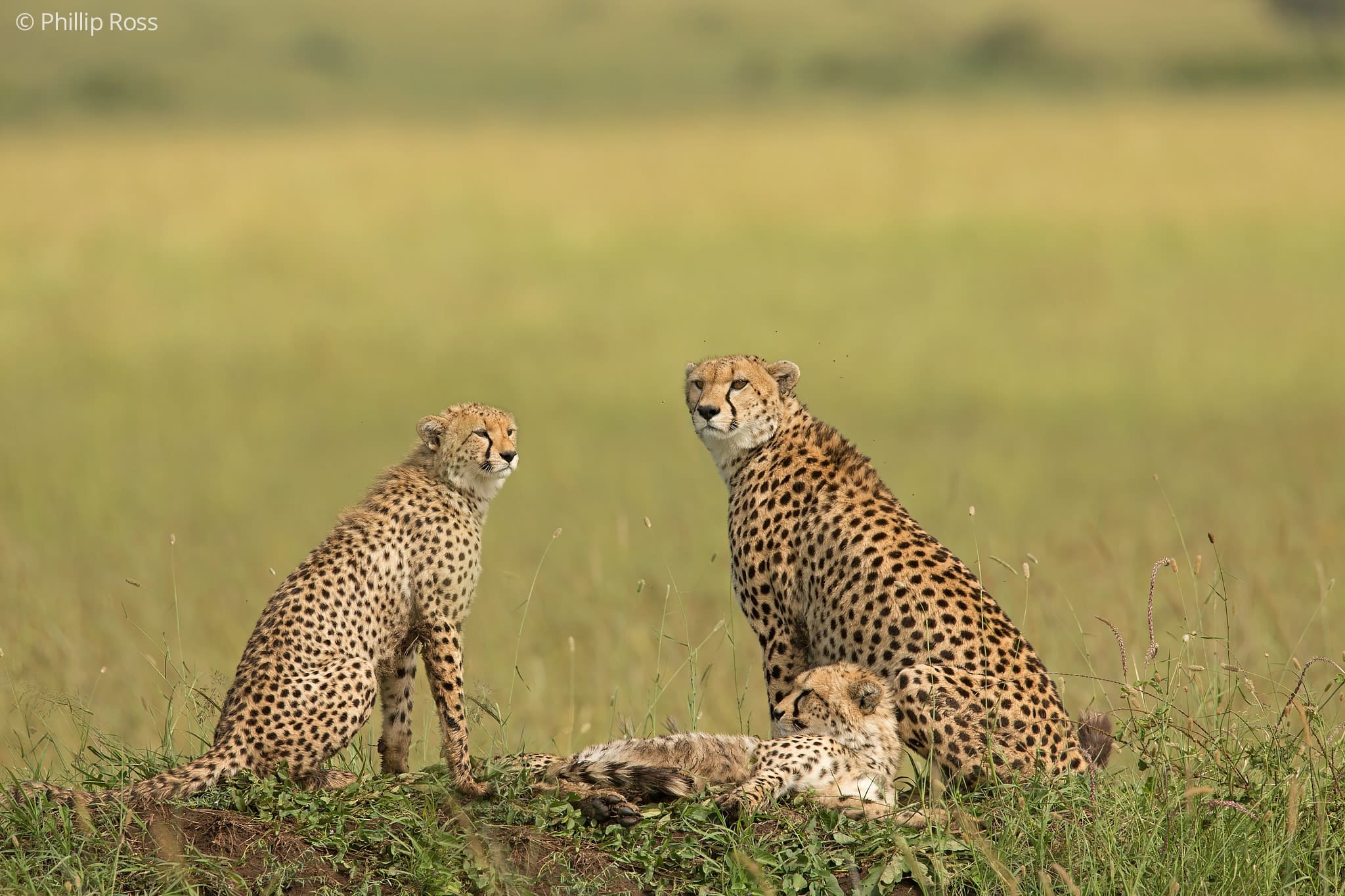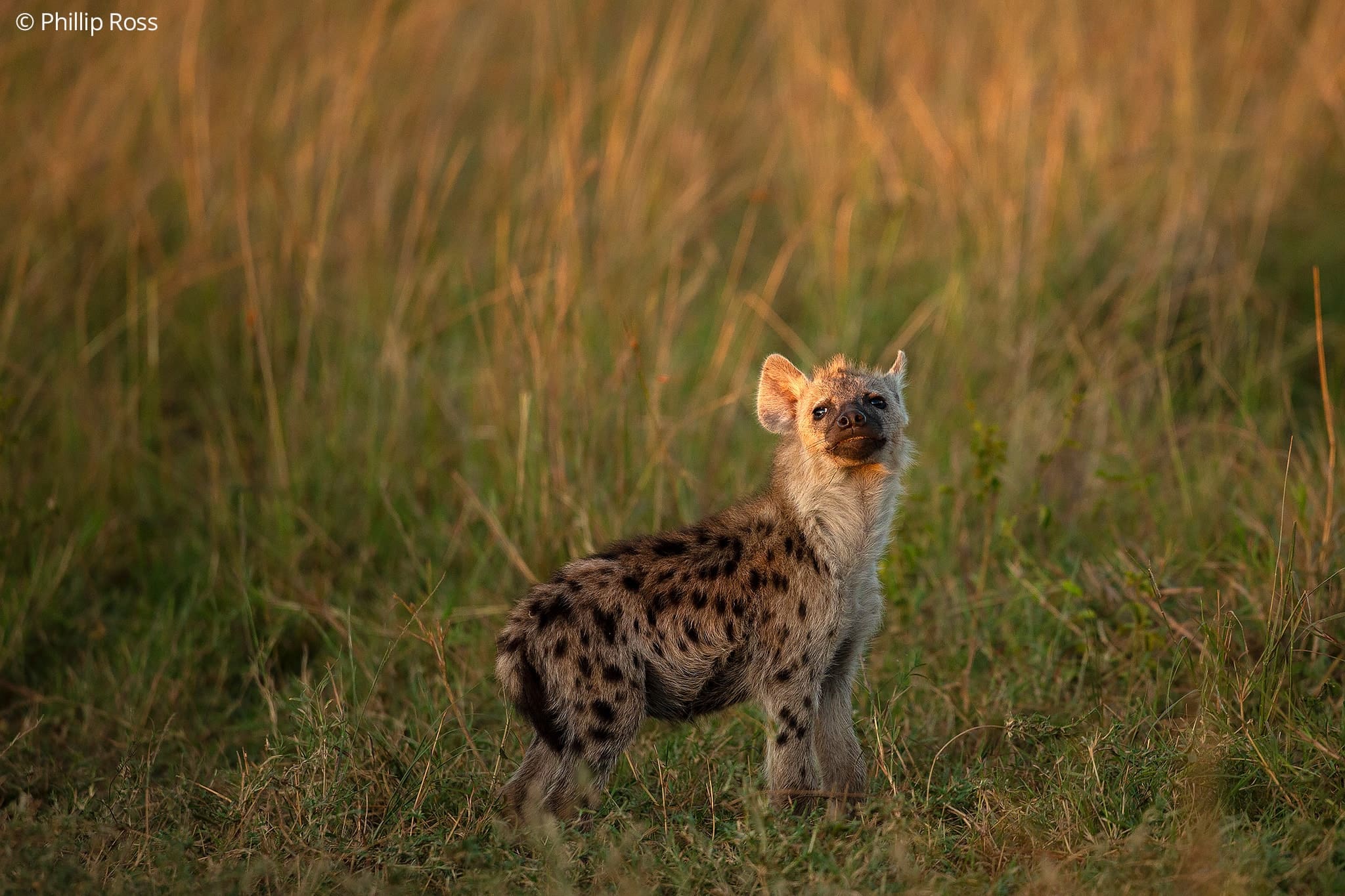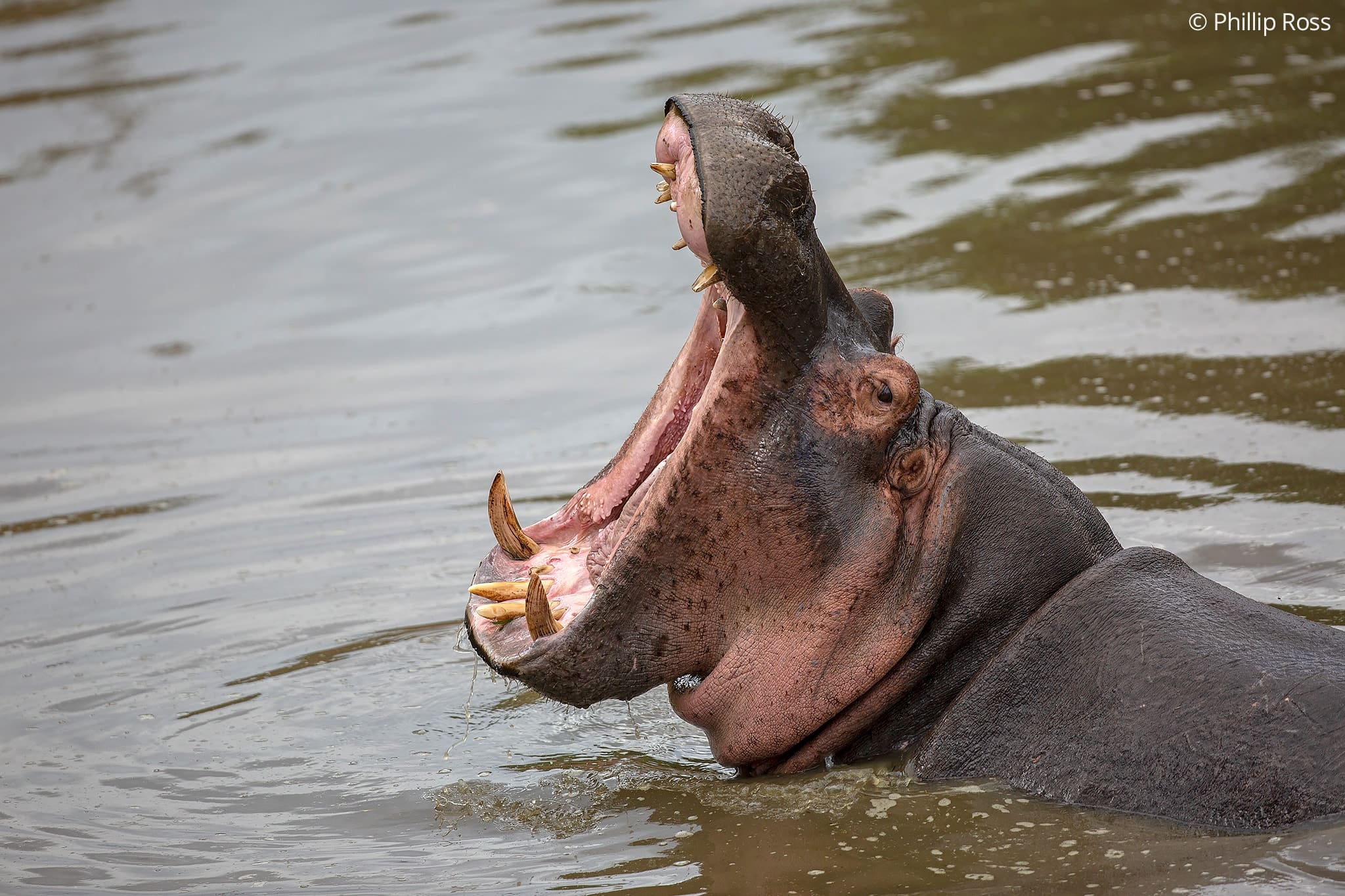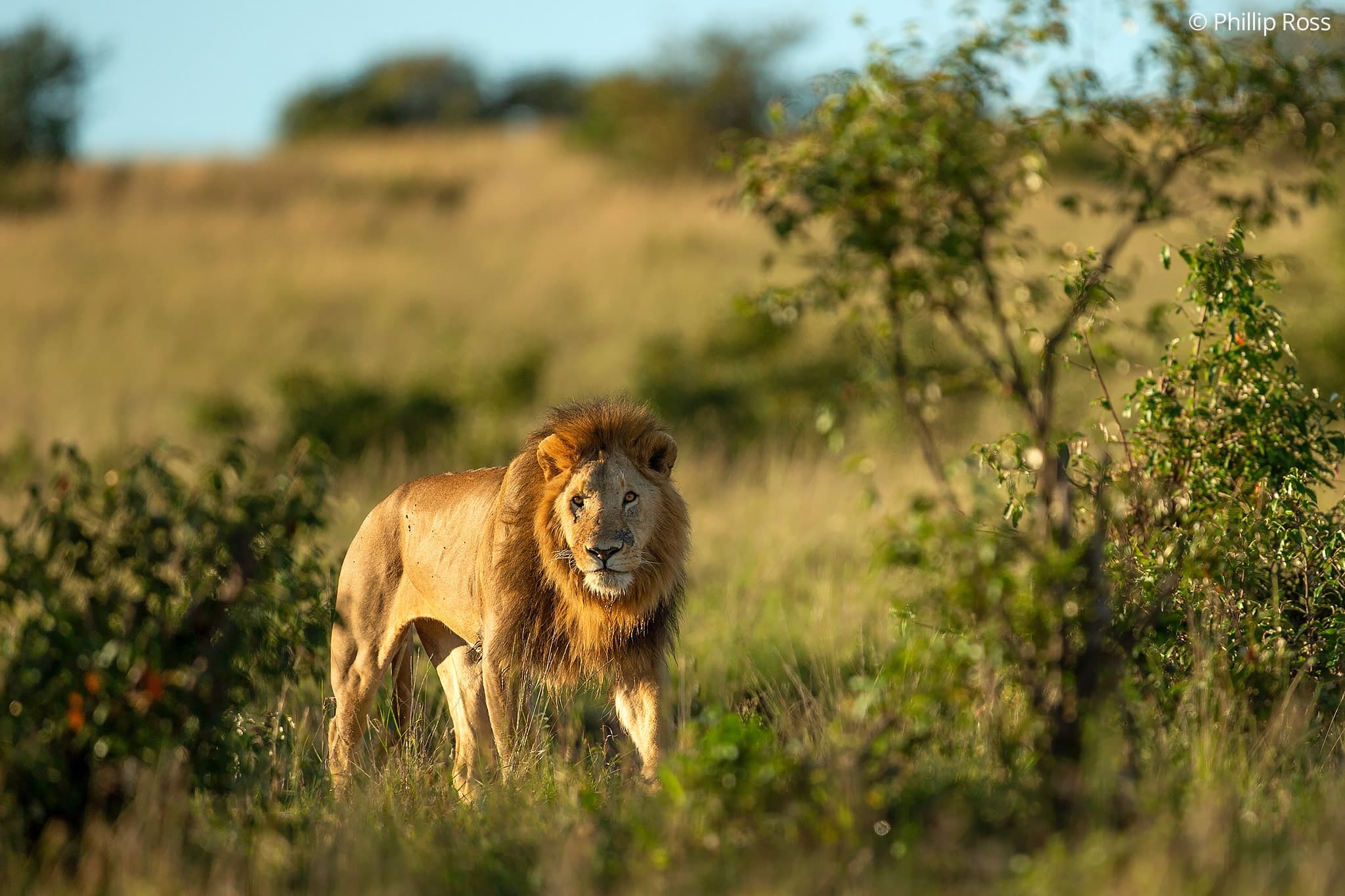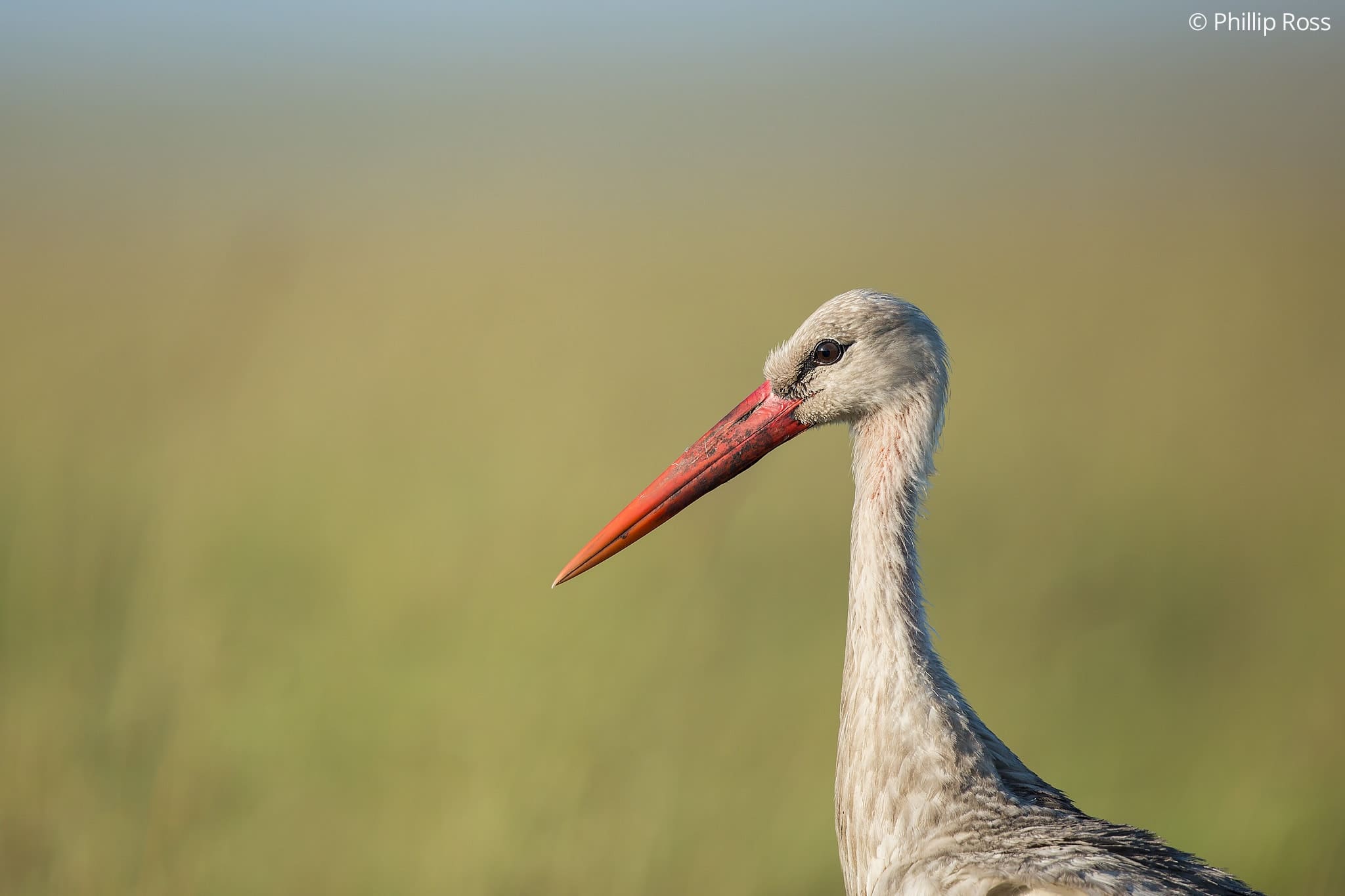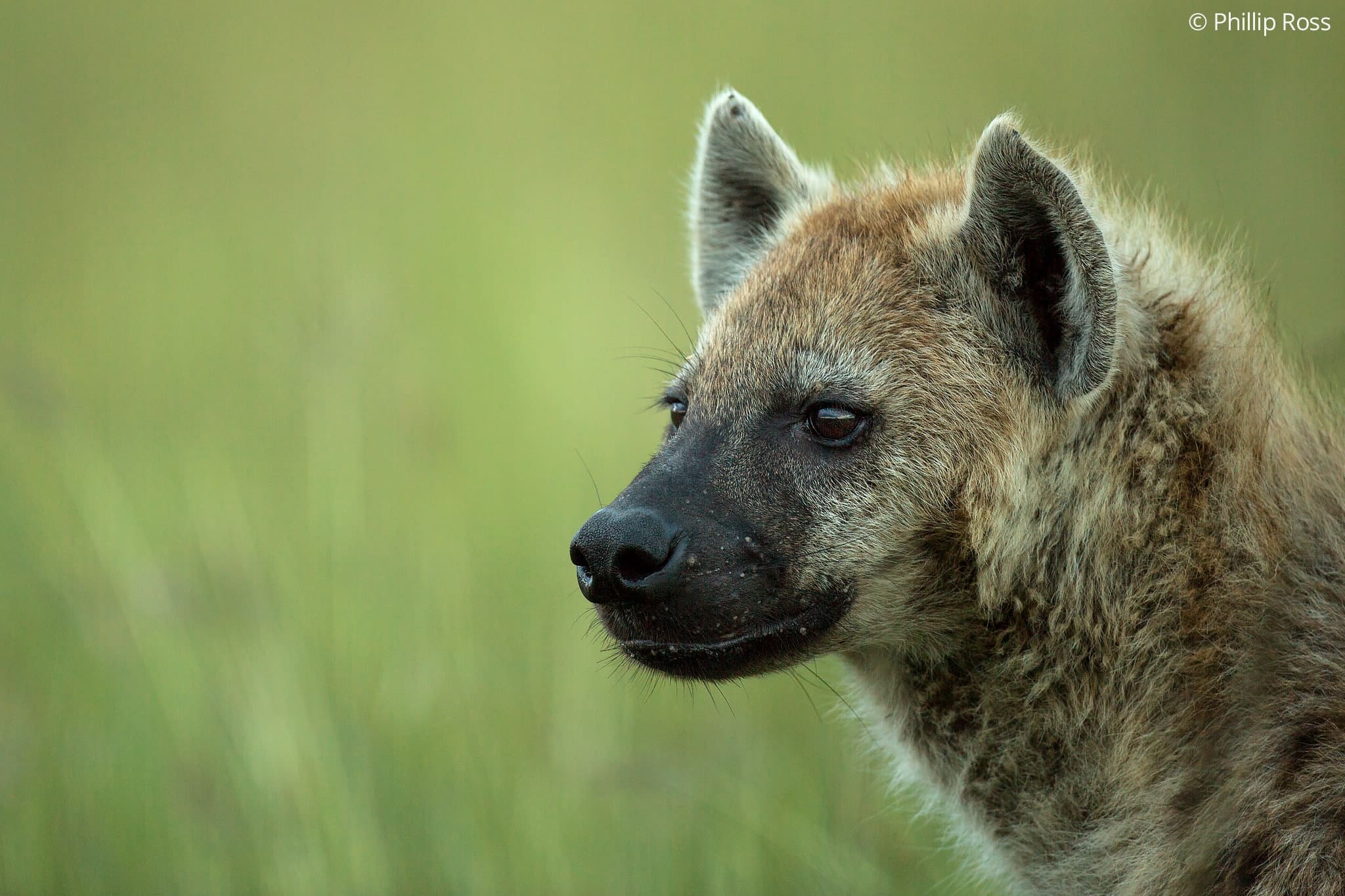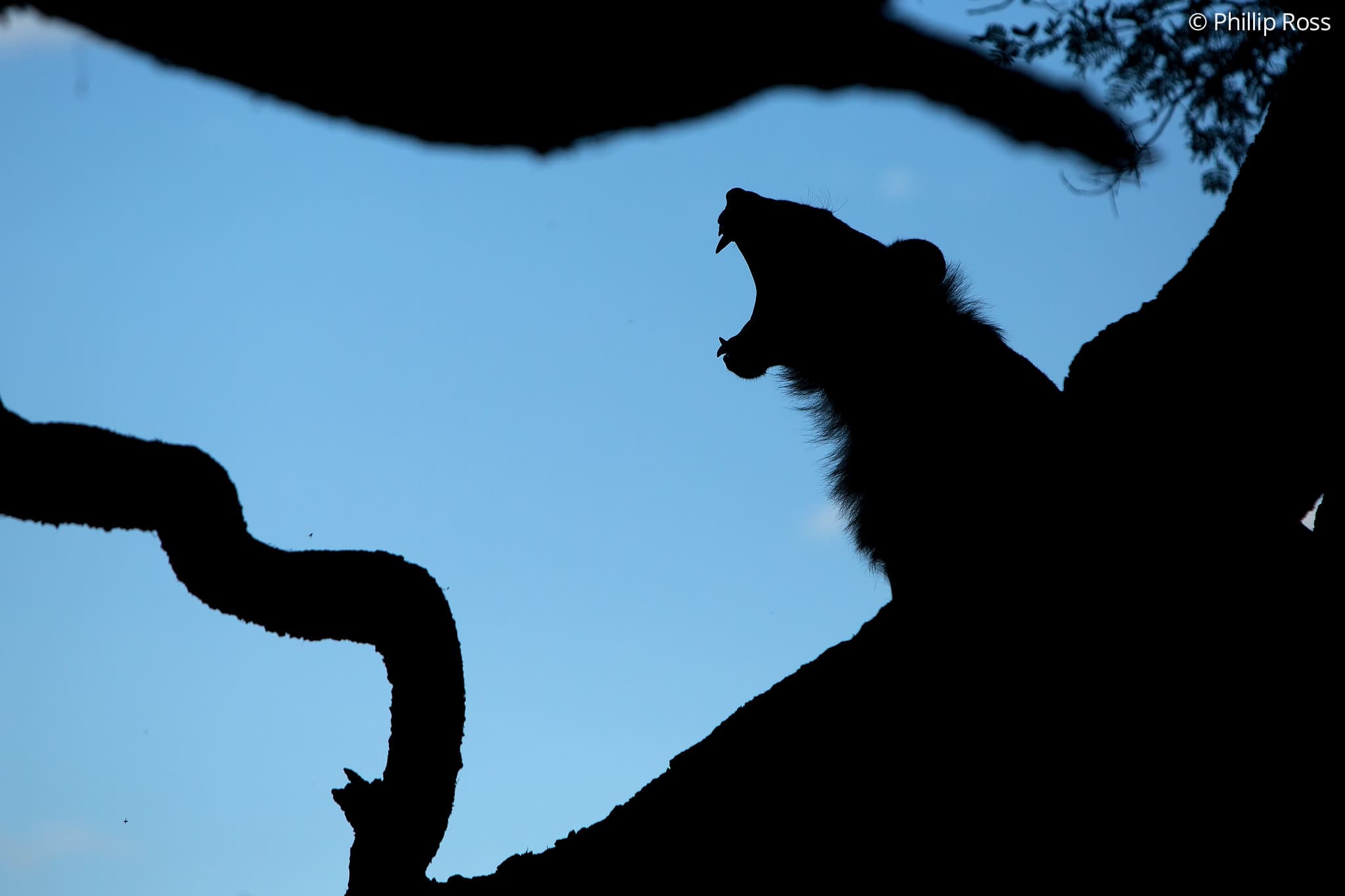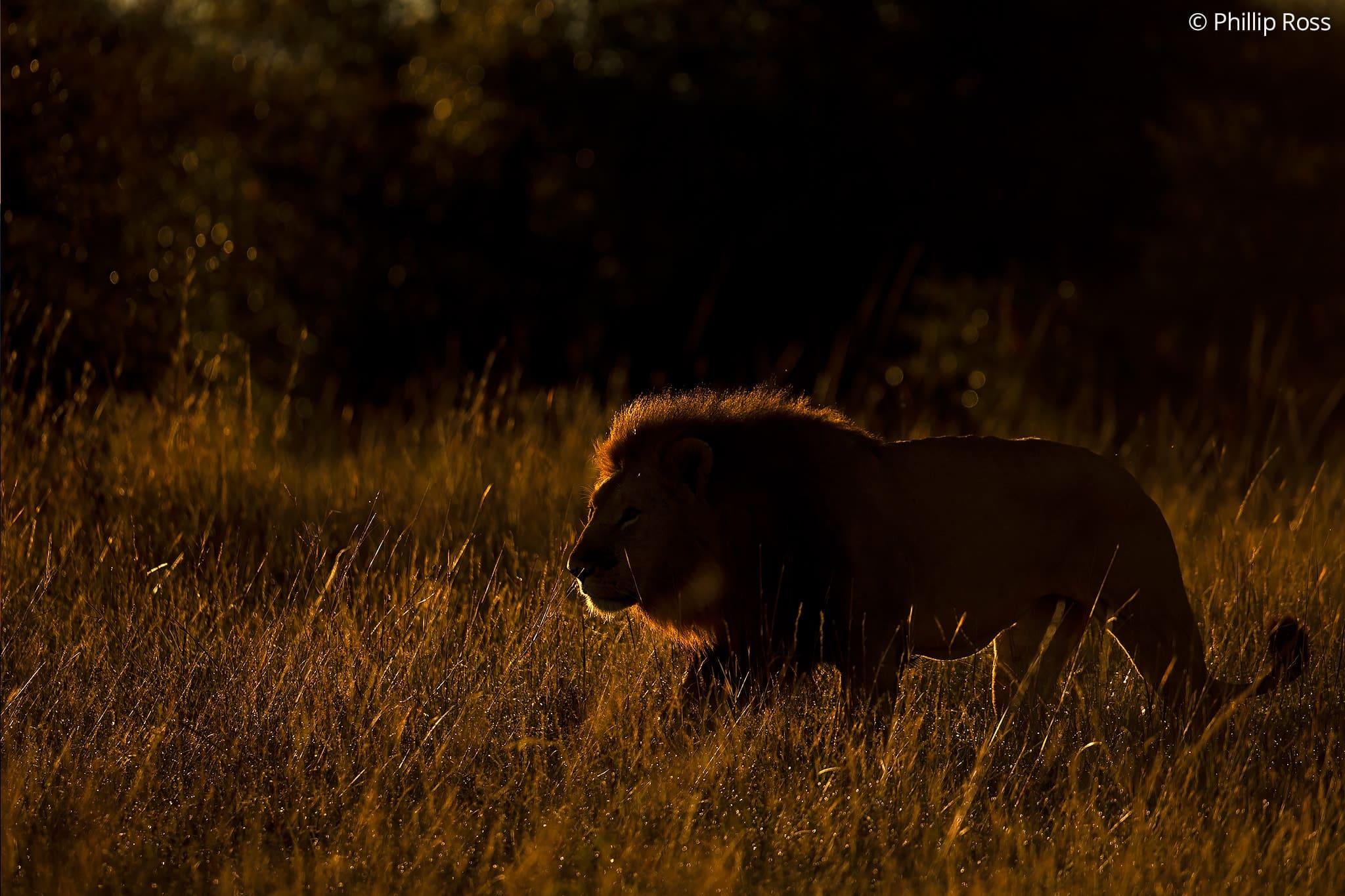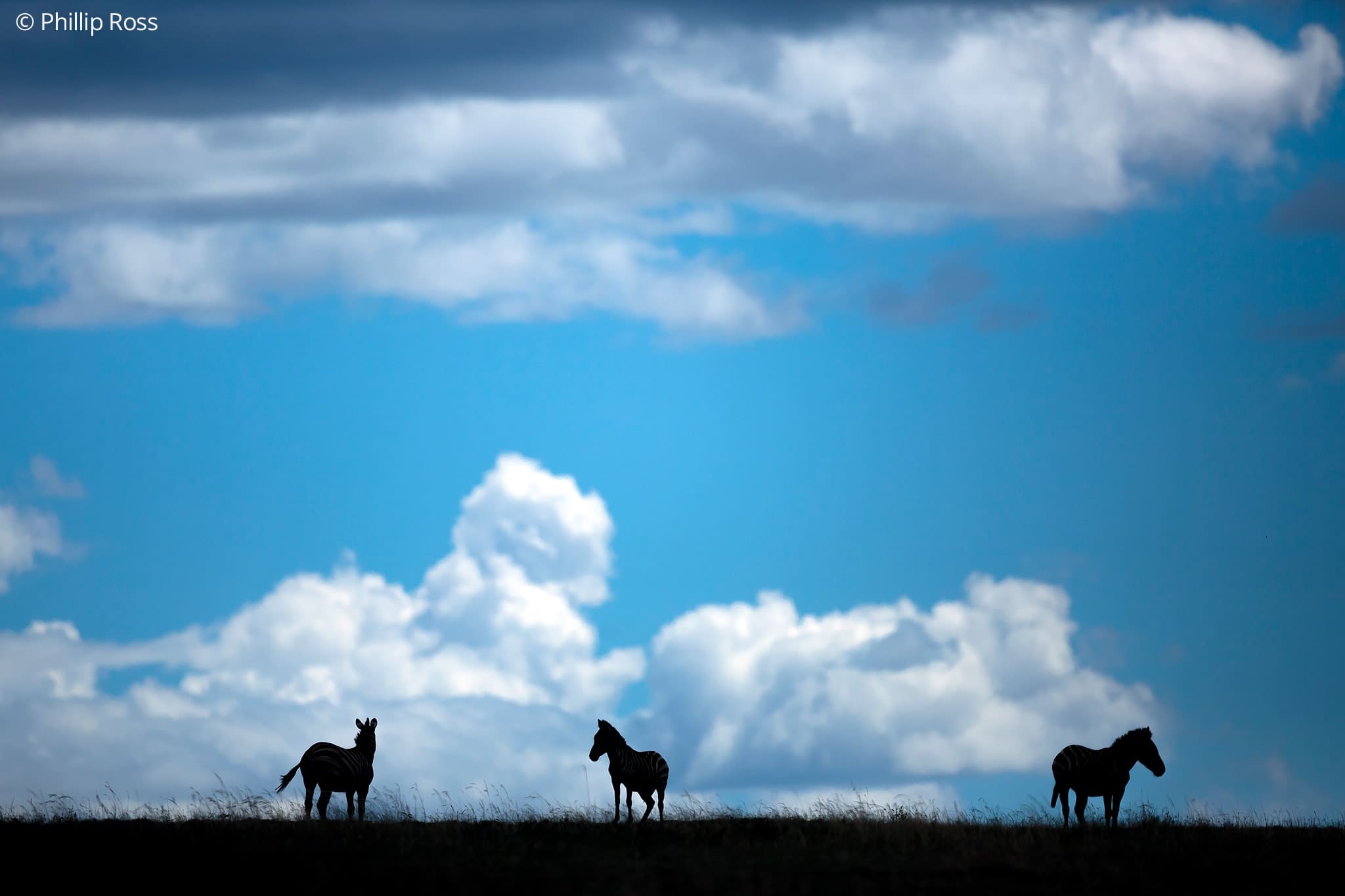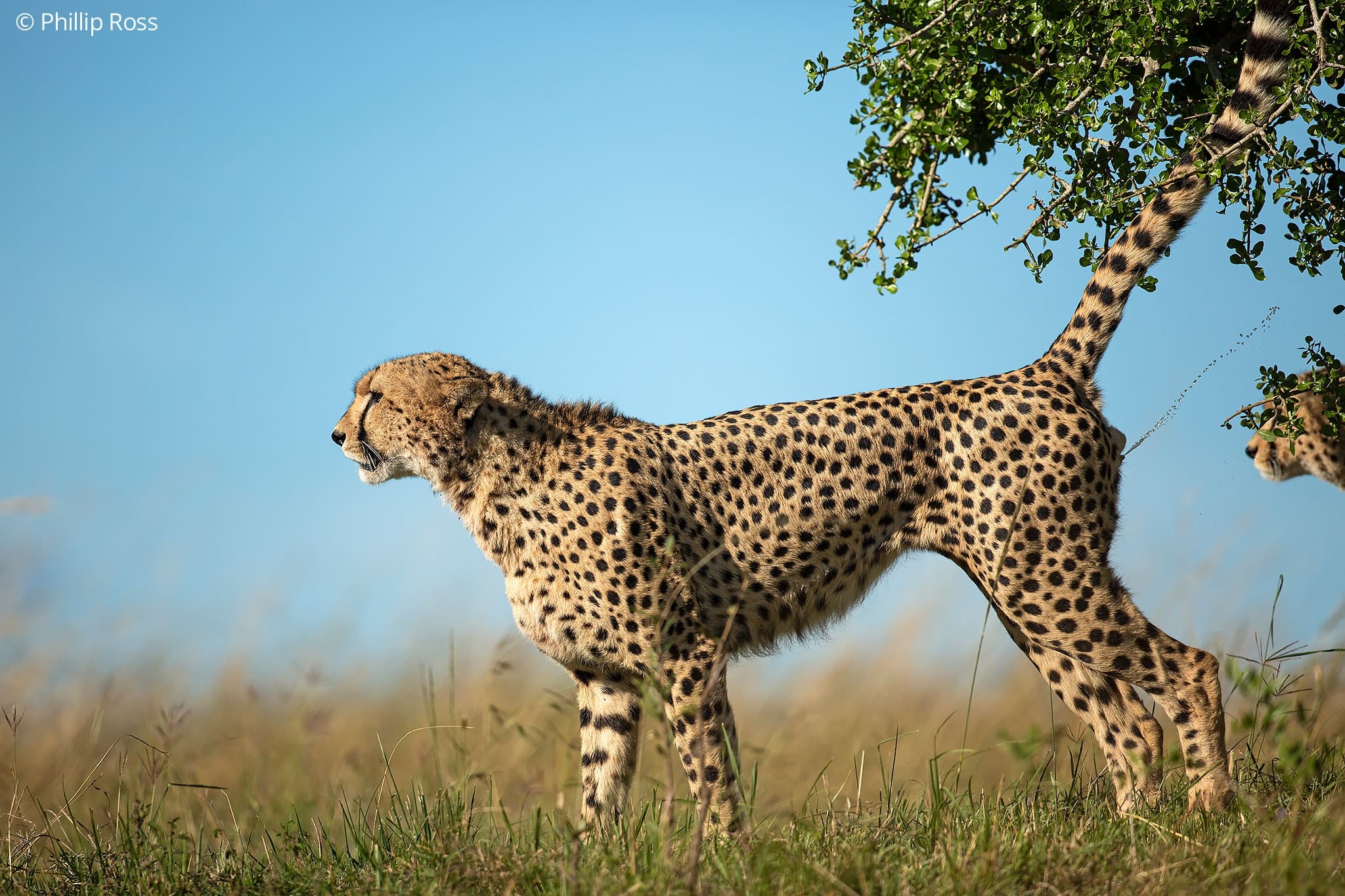CAMP OVERVIEW
“Wild Africa” is without a doubt, The Outback Experience’s most exhilarating and productive wildlife camp! It is perfectly designed for teenagers, young adults and families, and is spread over 7 nights and 8 days. This tour includes a Junior Ranger’s certification course on wildlife conservation, coupled with a brilliant wildlife photography adventure to the most amazing wildlife hotspots of East Africa.
The junior ranger’s course will be conducted by wildlife photographers, Phillip & Samantha Ross, and by each of the park’s rangers and park authorities.
We will be visiting Lake Nakuru and the world-famous Masai Mara, with an optional extension to Amboseli.
Lake Nakuru National Park:
This 188 km² park is situated in the Great Rift Valley. It was created in 1968 to protect the huge flocks of over a million of the lesser flamingos that bred and nested at the edge of Lake Nakuru, giving it the characteristic pink rim that it is famous for. However, owing to the flooding of this lake, there is no longer an abundance of pink flamingoes, but the park is still very rich in wildlife, and includes a rhino sanctuary for both black and white rhinos. The park is especially famous for its exceptional leopard sightings. Located at an altitude of 4,000-5,767 feet above sea level, it is a land of great ecological diversity – from lake water, woodland, bush grassland, to rocky ridges. The park is home to over 400 species of birds and is one of the few places to see the endangered white rhino. Other wildlife at the park includes lions, leopards, zebra, gazelles, eland, giraffe and the hyrax.
Masai Mara National Reserve:
Easily, the world’s most famous wildlife reserve, Masai Mara is a dream destination for any wildlife lover. Encompassing an area of 1510 km², the Masai Mara is nestled within the enormous Great Rift Valley and lies at the bottom of the Siria Escarpment. The terrain of the reserve is primarily open grassland, with seasonal rivulets.
The Masai Mara is perhaps most famous for its abundance of Africa’s “Big Five”, especially lions. The population of cheetahs is also high, however the black rhinoceros is severely threatened, with a population of only 40 recorded. Hippopotamuses are found in large groups in the Mara and Talek Rivers. Numerous antelope are also seen, including Thomson’s and Grant’s gazelle, impala, topi and Coke’s hartebeest. Large herds of zebra can also be found throughout the reserve. The plains are also home to the distinctive Masai Giraffe and there are good sightings of the large Roan antelope and the nocturnal bat-eared fox, usually a difficult sighting in other parts of Kenya. Additionally, over 450 species of birdlife have been identified in the park, including vultures, marabou stork, secretary bird, ground hornbill, crowned crane, ostrich, long-crested Eagle, and African pygmy-falcon.
Amboseli National Park (optional extension):
Amboseli is a photographer’s dream! The park is most famous for being the best place in the world to get really close to wild African elephants. The park also has stunning views of Mount Kilimanjaro, the highest free-standing mountain in the world, and our mission during the two full-day safaris, is to have some of Amboseli’s wildlife wonders serve as a stunning foreground to Mount Kilimanjaro.
So what are you waiting for? It’s time for Africa!
